|
We have been working for the last few years to get my mother’s criminal conviction overturned and are now getting regular updates from the CCRC (Criminal Cases Review Commission). They contacted me about a week or so ago to let me know that their investigations are continuing, and that they are looking at documents that Christine’s barrister from 1963, Jeremy Hutchinson, had left behind. So, fingers crossed, it’s not long now.
My mother went to prison on the 6th December 1963, so we are getting close to the 60-year anniversary. Secretly, I was hoping that we would have an answer by then, but maybe I need just a little more patience. In other news, I have been updating the timeline page on the website, naming the source for an event, and fixing some of the spelling! So far I am up to 1962. Another reason I am doing this is because I have started pulling this story together for a book I am writing. I want to tell the story about this campaign. My mother wrote a lot about the Profumo scandal, but very little about the events that sent her to prison. Going to prison bothered her more than anything else that happened. I wanted to say that, when in 2017 my mother wrote in her will, “Make sure that the truth is told about events of which I took part during my life,” I was one of the least qualified people to tell the true story of her life. But I had a lot of help from my mother’s friend, Desmond Banks. Then James Harbridge, a solicitor, saw the website and got in touch keen to help argue that, based on the facts, Christine should not have gone to prison. Dr Felicity Gerry KC, with James Harbridge, pulled everything together for a pardon application and then for an application to the CCRC, with help from Dr Rebecca Helm and Professor Mike McConville, who both wrote in support. With the research we were able to make what I believe is a convincing argument that, although my mother’s statement in court at Lucky Gordon’s trial that two people were not present in the flat when she was assaulted was not true, it was not material and it would not have changed the verdict, and that makes her innocent. I do go through some of the events from the Profumo scandal, because of their impact on her trial, when she went to prison. I try to answer questions like, who sent Lucky Gordon to my mother that night, why, and why it was impossible for her to get a fair trial. Really, my story is about who my mother was, what happened to her, why it was so unfair and what it was like to grow up being Christine Keeler’s son. In other news we also have close friends in Sydney, Australia - Julie & Eduard Otter, and they have built from scratch Otter Craft Distilling (OCD) and to go alongside their distillery, they are now launching Bar26 - an in-house Whiskey & Cocktail bar to showcase their range of OCD Vodkas & Whiskeys & Mary St Gins. Christine met Julie and Eduard years ago and would be so happy for them. In honour of my mother, they have created a cocktail in her name. It’s a whiskey based cocktail, because her drink of choice was Whiskey with Ice and a splash of water! We talked about a few flavor profiles together that Christine would like, and Eduard created the official Christine Keeler cocktail with OCD Whiskey + maple + bitters, garnished with a prosciutto crisp. There is an image of Christine in the bar with one of her favourite quotes ..” Discretion is the polite word for hypocrisy” to raise your glass to when you are having her cocktail! It is lovely that our friends bar in Australia is serving a cocktail in honour of her as she fell in love with Sydney when she went to publicise the film Scandal. So, if you are anywhere near Lilyfield in Sydney Australia, pop into Bar 26, say hello, get a Christine Keeler Cocktail and raise a glass to her.
1 Comment
7904 Keeler was my mother’s prison number at Holloway Prison back in 1963 - she was 7904 Keeler. Seems appropriate with all the work going on to show she should never have been given that number. It has been over a year since we filed the paperwork, and every few months I get an update from the CCRC (Criminal Cases Review Commission) that lets me know they are still looking at my mother’s case or they are pulling together some additional information. Sometimes I can hear my mother saying, “Come on, don’t be slow, be like Elvis. Go Go Go!” which was something she used to say to a pot of cold water that she was boiling for tea. But every time I get an email from the CCRC I get a terrible feeling of dread, what are they going to say? I hope it isn’t “Sorry we can’t help you”. These are just nerves, the same nerves you get before finding out exam results or a meeting with a doctor after doing a round of tests. Most recently an email landed in my inbox from the CCRC with a few more questions and an update on some of the things they are doing. It sounded really positive. In reply to the questions from the CCRC, I ended the letter with: As I grew up my mother would tell me, and particularly the people around me, like my friends, my wife… that she should never had gone to prison but she found it so hard to articulate why, to her it was so complex with so many characters but what we now see in the material we have provided is that it was simple – she pleaded guilty when she was not guilty, and she deserves to be exonerated. In her will she asked me to tell the truth about her life. I know that she was once famous and involved in a great scandal, but she told that story herself. She wanted somebody to tell this story of her innocence. I hope you will agree. I am hopeful that this journey to prove that my mother should not have gone to prison is nearing its end. The CCRC seem to be doing a thorough review of her case, and that can only be a good thing. It’s also been a few months since my last story. There are lots of reasons why: I have moved house, started a new job, and writing can be quite hard. Unlike my mother who was a great speller, I am a little bit dyslexic, so it takes me a little longer to get ideas on to the page. Once I start, I can tap away, but when I read it back, what I thought I wrote is not always what is on the page! I am often asked about my family and where are they now? My mother has two half-brothers and a half-sister on her father’s side, and that is the only family I have any contact with now. I found out recently that when my mother and father were married in 1971, none of his family came to the wedding because of who she was. His mother and father did not approve - marrying Christine Keeler was an embarrassment to them. In fact, that embarrassment would mean I never met his mother. He had brothers and sisters and uncles and aunts, and I never met any of them. It seemed that because my mother was Christine Keeler I would never meet any of my father’s family. Except one time, and I was taken to meet his father. My parents went through a very bad divorce soon after they were married, so bad that I was made a ward of court. It was years before I saw my father. In fact my first memory of him was when I was about nine. My mother had a chance meeting with him. I think they talked and agreed it would be a good idea for him to meet his son. I also think this was about paying maintenance. So one day my mother asked me, “Do you want to meet your father?” And I started seeing him on the odd Saturday and my father started paying £11 per week maintenance. I was underperforming in school and struggled to read or write. My mother had really struggled financially for a number of years and we were poor, even with the new maintenance payment. Like many of the kids at that time whose parents were poor, my clothes were from a charity shop.
Then, unlike other poor kids, the following year I was sent to a boarding school to learn to read and write and study some Latin. I never met any of the other Platts. I never thought of my father’s parents as grandparents, I just don’t have that connection. His father was an old man when I met him and he died when I was about 18. There was a funeral, but I wasn’t invited. My mother was as good as she could be about it all. She said, “They are from money… It’s the way they are”. I think I felt a little ashamed, but not of Christine Keeler. The whole thing caused my mother a lot of pain. She didn’t blame herself, how could she, but she didn’t like it. What if she hadn’t gone to prison, would her husband’s parents have gone to the wedding? Probably not, but maybe they would have turned up and sat outside the church, or maybe at the very least gone to the reception. It was 1971 after all. MY MOTHER, CHRISTINE KEELER
An art exhibition about my mother, I am not sure how she would have felt about it. Christine Keeler is an icon. She must be, there is an art exhibition in her name. Her story represents something, a particular time, a place in history where things changed, and they really needed to change. In Britain at the start of the 1960s, Victorian values are still mainstream. There is a rich ruling class who are better than everybody else, women are mostly thought of as the property of the men around them and if you are Black, discrimination, IS the culture. I believe the Profumo scandal shone a light on all of that poison and was another step on the road that we are still very much on, to a more equal society. So, I think in some ways the Profumo scandal was a good thing. But for my mother, I am sure she would say, “What a price I had to pay!” The truth is, she didn’t set out to hurt the Establishment, or strike a blow for equal rights. She didn’t want to hurt anybody. She was just a young girl who was mostly afraid. So, maybe my mother has an art exhibition in her name today for less lofty reasons. Maybe because there is something about her story that speaks to people. She was young and beautiful. Maybe it’s because of the glamour and her beauty, made extra famous by the photo by Lewis Morley of her sitting on that chair, “With my knickers on” my mum would add. I was once told very earnestly by an older man, “Christine Keeler was hated by almost everyone, but she was really sexy, and you knew she would do anything in bed”. He felt it was a reasonable assessment of my mother to share with me, because (something I hadn’t realised at the time) Christine Keeler is an icon, because icons aren’t real people. If art can unmask some humanity behind the icon, and bring that icon to life in some way, it may be harder to pass a cruel judgement on Christine Keeler. I hope so. The more I understand her story, the more it is clear to me that she did not do a single thing wrong. There was no malice in any action, no reason or excuse to judge her poorly, no reason at all to hate her. So let’s not judge Christine Keeler, let’s see her as a young and beautiful frightened girl. Because she didn’t mind at all when people said how pretty she was, I bet she may even have enjoyed this exhibition! I want to thank Fionn Wilson for all her hard work, drive, and creative brilliance, she has done my mother a great service with these exhibitions. And also a special thank you to Professor Steve Chibnall, De Montfort University, and all the team here for hosting this event. Seymour Platt, January 2023 Here is my speech from last nights opening of Scandal ‘63 Revisited at De Montfort University Gallery Leicester - apologies if it is a little long! It was a great night and a special thank you for all the team at De Montfort University - Hugo, Chris and Dan, and of course Co Curators Fionn Wilson and Steve Chibnall - the exhibition runs at the Leicester Gallery up until 15 April. Flights are booked and I will be making my way to De Monfort University for the 2nd March. I have been given the honor of opening an exhibition about that scandal from 1963 on behalf of my mother, and talk about our campaign and the woman I knew. curated by Steve Chibnall & Fionn Wilson
Caroline Collett submitted this piece through a mutual friend. I found it so powerful and it told such an important part of Christine’s story and the complex way in which she is viewed, that I wanted it to go up on Christine’s website as part of her story. In Caroline’s own words: “The idea for this piece came whilst thinking about writing something completely different on Christine. For research, I’d gone to buy Christine’s autobiography on Amazon, only to find myself distracted by the huge number of reader reviews. Some reader comments were centred on the book’s literary value, but the vast majority were about Christine herself. It seemed that even in the 2000s, people couldn’t resist passing judgement on Christine, from the choices she made to her culpability for what happened around her to her personal ‘morality’ - or perceived lack of it. Even her beauty and intelligence were called into question by some. Whilst other readers were more sympathetic, they still sought to psychoanalyse and ‘own’ her in a different way. Christine seems to endure in the public consciousness as a kind of lightning rod for other people’s projections, existing as she did on the cusp of two eras and claimed by both - simultaneously as a destroyer of the old order and a portent of the new. These projections probably reveal more about those making them than about her and I felt a strong urge to hold the commentary itself up for judgement. By arranging some of the most startling comments according by tone, I imagined Christine on trial once more, only this time at the mercy of the general public….’ Christine in the Court of Public Opinion The Case for the Prosecution
‘Attribute it to her background and nurturing or whatever, but from the very beginning she displays a very low level of morality.’
(Paul Dyer) ‘There's nothing very interesting about nudist parties or fellatio or powerful people driving posh cars when they go to visit their mistresses.’ (Jon G) ‘She was a spoiled brat, sleeping with rich men and persuading them to give her gifts and do favours for her.’ (Jon G) ‘It would appear from her own words that she slept with half of London.’ (Philip R Saunders) ‘Keeler as a young woman comes across as incredibly stupid, she really does make some very silly decisions for a hardened sex worker.’ (Alan Brown) ‘She claims in the book she is intelligent by quoting her IQ as 141, well why hasn’t she used this intelligence in her life?’ (Pat Clark) ‘Christine calling Mandy a tart demonstrates beyond the shadow of a doubt that it takes one to know one.’ (Fred Bilello) ‘There’s a lot of drama that could have been avoided but like a moth to a flame she sought it out.’ (Kat) The Case for the Defence ‘Those of us who lived through that era will always remember her as vulnerable, and not at all the hard-hearted tart that the press often made her out to be.’ (Kenneth Barrett) ‘It was easy to point the finger and cast blame on Miss Keeler at the time, it sold papers, and kept the spotlight away from the main players, people more than happy to use young women for their own ends.’ (Jan Taylor) ‘The adult population saw Christine Keeler as the epitome of wickedness, "having seduced and destroyed one of our finest politicians." Even then I was at a loss to understand this point of view, Profumo being married, middle-aged and in a position of great authority whilst Christine Keeler was an 18 year old finding her way in the big city and following the example of the many rich and powerful people she was to meet.’ (Lizzie) ‘Exploitation of naïve young girl by those with power and titles, a cover up to protect those at the top, nothing changes.’ (Chiller) ‘Throw into the mix a couple of beautiful teenage girls (Christine Keeler and Mandy Rice-Davis) who also had associations with gangsters and racketeers and heaven forbid, sexual relations with black men, you had the full attention of a British public who didn’t know whether to be outraged or titillated by it.’ (Robin Webster) ‘Christine was blamed for all things in a world built for self-serving men.’ (John Towill) ‘She was swept into a world beyond her control at 16 and is a victim of what today we call 'slut shaming'.’ (Gary Selikow) ‘The biggest mistake she made was expecting these men to be honourable and honest.’ (Kat) ‘I truly feel for Ms. Keeler, who I must say was the epitome of gorgeousness and beauty, she was played like a violin.’ (Rebekah Robinson) ‘Throughout her life Christine was well and truly shafted by the establishment - in every sense. She deserved better.’ (stillalive) ‘This is a woman who didn’t hide her life or what she had done.’ (Janice Pardy) ‘Christine Keeler lit the fuse that sparked the sixties.’ (Brian Jones) The Hung Jury ‘Very young. Immature and addicted to the adrenaline. Nevertheless, a survivor who wasn’t intimidated by the powerful men around her.’ (Kat) ‘On one level she could be seen as a victim of circumstances, but she also made her own lifestyle choices.’ (Robin Webster) ‘No doubt in my mind Christine lived an interesting life and at times difficult. A rough and treacherous childhood. But I felt she kept making silly mistakes and decisions.’ (Helen) ‘Christine Keeler comes across as a somewhat naive person who leads a disorganised life and is not a good money manager.’ (Hans Coster) ‘Attractive certainly, a street-fighter able to hold her own with the upper-crust, maybe.’ (David S) ‘At another level altogether, Christine's story, quite apart from issues of morality, is that of a person with a totally absented sense of personal identity. That in a nutshell is her crisis.’ (Strangerbird) ‘Some people still choose to rubbish Christine Keeler. I think simply staying afloat among such amoral ruthlessness factored with the choices she actually had in life, wins the day. And it seems she had a somewhat healthy appetite, so what?’ (Gentoo) ‘She admits she slept with men to better her lifestyle, she didn't ask for political secrets to be discussed in front of her.’ (April Axton) ‘Even though Christine was a bit naïve she did not deserve the treatment she received from some of the people she associated with.’ (Sue) ‘Christine Keeler's life is a representation of a changing society, one in which working-class youth, hitherto people with few choices about where to go and what to do in life, are suddenly confronted with multiple opportunities. One effect can be, as in Keeler's case, a paroxysm of self-doubt and indecision.’ (Strangerbird) ‘She appears to have been, always, infuriatingly unreliable, unpredictable, and unknowable.’ (Kenneth Barrett) All quotes from Amazon reviews of ‘Christine Keeler’s The Truth at Last: My Story’ / ‘Secrets and Lies: The Trials of Christine Keeler’. Idea / quote selection by Caroline Collett Twitter: @CollettWriter It was 14th December 1962 when Johnny Edgecombe pulled up in a mini cab to 17 Wimpole Mews. He was desperate to speak to Christine. She had recently broken-up with him and he was jealous and angry. He brought with him a gun. Christine had bought it to protect her from Lucky Gordon and she had left it with Johnny. Johnny said years later that he carried the gun because he was afraid of Gordon - Johnny had slashed Gordon’s face a few weeks before and Johnny felt he needed some protection. Johnny rang the doorbell and Christine and Mandy refused to let him in. Angry, jealous and frustrated, Johnny fired shots at the door. He then jumped back in to the taxi and they drove off, but not very far because, according to trial notes, Johnny got out of the taxi and hid the gun in the next street. The police were called, and press interest was stirred. By the end of the year it became inevitable that a scandal would break. This is the beginning of the 60th anniversary of the scandal, and I hope that 2023 is the year that my mother’s conviction for perjury is overturned. In a recent blog I talked a little about family heritage and the story my grandfather, Colin Keeler, told my mother about where he came from. He said that he was adopted, had found his mother and she had told him that his father was a “Sioux Indian” she had met on a reservation in Canada. I wondered if it was true, so I have done a DNA test to see what my blood had to say. It wasn’t just what her father had told her that made me believe we had Native American blood in our veins. When we were in America, my mother was promoting the film Scandal and we were contacted through the movies PR team by a family who claimed to be related. They lived on a reservation and were indigenous Americans. My mother wasn’t at all interested in meeting them. I would often challenge her about our Native American ancestry and she would say, “It’s not true, you couldn’t believe a word he said… I think we have German heritage, that’s what I heard” Anyone who knows me well will know how proud I am of my Native American heritage, so the results were a little surprising. Irish, Scotish or Welsh 63% English 20% Scandinavian 16%!
I have to completely reevaluate where I thought I was from! She was right about not being American Indian. More recently there is another story that we come from the Kellehers, from Leitrim in Ireland, and that Kelleher became Keeler. The DNA test shows this is much more likely. Still I am a little sad that I don’t seem to have any Native American in my blood. Its been five years since my Mother, Christine Keeler, passed away. She always said “when all the documents are released everyone will see that I was telling the truth” I wonder what she would think about the recent MI5 papers released through the National Archives. In the last five years we started a campaign that she should not have gone to prison in 1963, that she was clearly the victim of a violent attack and she was wrongfully punished. The case files are still with the CCRC (criminal case review commission) and most recently I am told they are pulling together a report to be considered by a Commissioner, who will decide whether the case needs to be considered by a committee of three Commissioners, because there is potential for it to be referred for an appeal. I wonder what my mother would think of the campaign as well. At this anniversary, like many people who have lost someone they love, I would love another five minutes to ask her all these questions… But If I actually think about it, and if we had five minutes, there would be plenty of other things to say instead. Miss you Mum22 February 1942 - 4 December 2017
Last month the National Archive released 147 files from it’s MI5 records, 19 of which were about either about Stephen Ward or Eugene Ivanov. Really it is 19 packs of documents, and each file contained a hundred or so pages with surprisingly few redactions. Regarding redactions there is a wonderful document in the pile, where a General has been contacted by the BBC for an interview, the General’s name is redacted in paragraph one and isn’t redacted in paragraph two. A document in the files does not necessarily make it the full truth, witness statement can of course be wrong but there are lots of interesting titbits that give a little more colour to the events around the scandal, such as the reoccurring stories of Eugene Ivanov getting stopped for dangerous driving and even a surveillance report describing his terrible parking!
DrugsThere is a conversation where Profumo denies any impropriety with Christine and goes onto to say that he understood she was a drug addict… and yes the conversation was with the suspected KGB mole Roger H. Hollis. John Lewis, the former Labour MP, gives a similar statement in another interview, and also adds “she has started using a needle, so wont live long”. This is highly unlikely, as Christine hated needles! She used to actually whimper if a nurse came at her with a syringe - it was very funny.
EmbassiesThe CampaignThere are a number of papers that relate to our campaign to overturn my mother’s conviction of perjury in 1963. Robin Drury, Christine’s manager, who was responsible for giving the police the famous drunken tapes, was interviewed on the 5th July 1963 by special branch. Special branch are damning of Drury, calling him a liar “the truth of his statement is extremely dubious”. Paul Mann gave a statement and when talking about their sudden trip to Spain around the 8th March 1963, his story varies from Christine’s only in that he says Lucky Gordon is living with Paula and Christine in Park West and Christine says Gordon broke in and wouldn’t leave. I guess both accounts could have some truth. Mann talks about Christine’s extreme fear “for her life” and goes on to talk about their trip to a nightclub and the escape from Lucky in his car. In January 1963 Stephen Ward confirms that he had posted Bail for Gordon after having him arrested for, what we would now call, stalking. Lucky Gordon gives a creepy statement where he is quite open about watching Christine’s flat for 12 hours at a time and talks about all the people coming and going. Gordon felt that Stephen had “set him up” on the night of the 18th April and sent him to Christine deliberately, and Gordon was convinced that Christine was pregnant with his child.
In fact as you read through the documents there are number of themes: Wherever Gordon is mentioned, it is shorty followed by how dangerous he was and how afraid Christine was of Gordon. Stephen wasn't trusted by the security services and Stephen on two separate occasions talks to his handler about possible financial opportunities that could arise due to his friendship with Ivanov. To be clear there is no allegation that Stephen was a KGB agent, but I think I understand why a young girl would think he was. Lastly On a personal note, Micheal Eddowes keeps referring to Christine’s father, my Grandfather, and that he is in prison for murder! I know this is just not true, but I had never heard that this was a story that Eddowes had thought was true. I wondered if that was a lie my mother had been told to explain why her father was gone when she was a child, and that it would be less embarrassing for a family that the father was in prison for murder than - he had left his wife. Maybe It was a young Christine who told a little lie about her father, but Eddowes had visited Christine’s mother and after that visit still thought Christine’s father was in prison for murder. So if had mentioned it to my grandmother, she said nothing. Of course it wasn’t, and Colin Keeler didn't go to prison for murder…It would have been front page news at the time. I never met Colin Keeler, my grandfather, and my mother didn’t see him again after the court case so I know very little about him. Reading Eddowes comments motivated me to check if the one story he had told my mother was true. He said that he was adopted and had found his mother and she had told him that his father was a “Sioux Indian” she had met on a reservation in Canada. So I decided to do a DNA test and see for myself if there was any truth to that story. We are still nervously waiting for the Criminal Case Review Commission to respond to my mother’s case. So no news on the campaign just yet, but it is around the time that they promised some sort of update, if not their answer, so fingers crossed.
I did want to talk about a friend of my mother’s, Libby Crawley, as I have recently been asked to comment on what I remembered about her and her friendship with my mother. Libby’s grandson is Wes Streeting, the Shadow Secretary of State for Health and Social Care of the United Kingdom and I think people may find this connection interesting. Wes Streeting has even talked about it himself, how his grandmother shared a cell with Christine Keeler and how they became friends. Libby and my mother met in prison and became good friends. When I was very young I remember visiting Libby’s house in the East End with my mother, but I was very young, and I remember Libby as a person less then I remember the fondness with which my mother spoke of her. When my mother talked about Libby, she did so with pride. They both felt that a lot of the women in prison with them in the early 1960s were there because of the men in their lives. They both sensed there were sad stories and miscarriages of justice all around them. My mother told me how Libby was in prison because “the police couldn’t get her man, so they got her, to punish him”. Libby was pregnant and went on to have her daughter in prison, and none of it felt fair. For my mother going to prison was almost an escape from the microscope she was living under, but her prison sentence became a growing shame through her life knowing that a great injustice had been done to her. My mother, who had been the victim of abuse and violence, was sent to prison for lying about who was present when she was assaulted. She told the truth about being assaulted but went to prison because two men wanted to be kept out of any publicity. According to my mother, Libby shared a strong sense of right and wrong, maybe magnified by their time in prison. Libby went on to help people in her local community of Tower Hamlets, became a campaigner and joined the Labour Party. My mother went on to work for the charity Release, but found it difficult to get other jobs as, with a perjury conviction, she was branded a liar - she would be asked to leave when they found out who she was. Years later I remember my mother telling me that Libby was sick, and I asked her if she had spoken to her or was going to see her. “I don’t know,” she said, using such a sad tone that I wasn’t sure if she was really answering my question at all. Personally I don’t know the facts around Libby’s conviction in 1963, but I know this from my mother’s own story. At that time the judges and the courts sometimes seemed to punish people not because they were guilty of anything but because they believed it was important that people were seen to be punished, regardless of their guilt.
My mum, Christine Keeler was born on 22 February 1942, so today she would be 80 years old. I can’t imagine my mum at 80, I wonder, would she be even more cantankerous?!
The truth is she wasn’t very well in her last years and that’s probably why I can’t imagine her at 80, but birthdays are a celebration. They are a time to mark achievements and tell stories, a time to think back and look forward. We have some great news regarding all the work we are doing to clear my mother’s name. We have received an update from the Criminal Cases Review Commission (CCRC) saying that, after reviewing the evidence we gave them, they are willing to consider my mother’s case! Right now we are busy pulling together the paperwork. I am also delighted that our legal team has grown as we are joined by Dr Rebecca Helm, a Senior Lecturer in Law at University of Exeter. Rebecca is helping answer some questions that the CCRC have asked and over the next week or two we will hand over our full submission that I will of course publish here. This week, I caught myself doing something I saw my mother do. She would sometimes say, “It’s all there, I’ve written it down!” She would be tired or exasperated, it was a complicated story to tell, and honestly, a lot of the people she spoke to had their own fixed ideas about the story, about her, before they had even asked her a question. With all the newspaper interviews I’ve done, none have ever mentioned this website. On every interview I’ve done I’ve asked, “Mention the website. All the information, all the proof, is online,” but they never do. As I had that thought, I heard my mother’s voice: “It’s all there, I’ve written it down,” and I had a good laugh. It is different for me. I’m neither tired nor exasperated. In fact I’m happy to tell my mother’s story to anyone who wants to listen. Happy birthday, Mum. Happy New Year I thought it was time for another update and maybe share some stories and thoughts. I and others passionately believe it was wrong that my mother went to prison in 1963, and this year, work continues to clear my mothers name. In 2021 we asked the then Secretary of State for Justice Robert Buckland, to consider a royal pardon for Christine Keeler. In September there was a cabinet reshuffle and Dominic Raab took over the role as the new Secretary of State for Justice. Soon after his appointment we received a letter, the Pardon could only be considered if all other legal avenues had been attempted and it was their view we should go the CCRC (Criminal Cases Review Commission) first. The CCRC (Criminal Cases Review Commission) are an independent body tasked with investigating alleged miscarriages of justice. So I am happy that my mothers case is with them, in fact just before Christmas they confirmed that they had all our information and it is currently under review. Hopefully we will have an answer early in the the new year. If the CCRC decide that my mothers case may have been a miscarriage of justice, it would be much more significant, it would mean her conviction could be expunged. In that trial in 1963, my mother wasn’t the only woman punished and sent to prison. Paula Hamilton Marshall also went to prison, and for exactly the same reason as my mother, she had not lied about witnessing my mother being assaulted, but she had lied about there being two more witnesses to my mothers assault. Another wrinkle being, Paula was a new mother with a 9 month old baby, and she was still sent to prison. I can’t be sure, but it is possible that Paula’s baby was at the flat the night my mother was assaulted this may explain why Olive Brooker, the housekeeper was there, because I always thought that Olive was really helping Paula as she was a new mum. It wasn’t mentioned in court so I may well be wrong. My mother always thought it was particularly cruel for any mother with young children to be sent to prison. Unless of course their crime was particularly heinous. My mother remembers there being lots of woman in prison with young families and how cruel it was. Just recently, Shadow Health Secretary Wes Streeting was interviewed by Nick Robinson for the BBC and he talked about his Nan Libby, and that she had shared a cell with my mother. She did!
I had no idea Libby, my mums old friend was his Nan, until I heard the interview. They went on to be friends long after they left prison and I have memories of her from when I was very young. She was politically very active, a socialist to the core, and was one of the woman I met as a child, who was around my mother, that showed me that belief, conviction and integrity had nothing to do with someones gender. It doesn’t matter what your politics, its a nice story, I can’t help but imagine how proud Libby would have been to see her grandchild become Shadow Health Secretary. I think my mum would have argued it was in the genes. I note Wes said in the interview that his Nan always thought my mother shouldn’t have gone to prison, what a wonderful woman. NewsflashI have a response form the Ministry of Justice regarding our application for a pardon for my mother, Christine Keeler. It is actually quite a nice letter, explaining, before they would consider a pardon we should go to the “Criminal Case Review Commission”. The CCRC are an independent body who investigate possible miscarriages of justice, so it makes sense that we would be directed here as we are arguing so strongly that my mother was actually innocent. We thought this was always a possible outcome, or next step. I have now pulled all the documents together and sent them on to the CCRC asking if they would consider my mothers case for investigation. I think because we have argued my mother was in fact innocent So people are taking this seriously. My mother was sent to prison for lying about who was present when she was assaulted, (there were more people who saw and confirmed that she was beaten up in the street) She did not lie about being attacked…they put a victims of an assault in prison and it was wrong. So I look forward to hearing from the CCRC and then taking the next steps. The application for my mother’s pardon was sent in on 14th June 2021 and is available to read on on the campaign pages on this website. It is very detailed and leaves no doubt that my mother was assaulted by Gordon on 18th April 1963 and, as the victim of crime, it was wrong that she was sent to prison. It’s filled with evidence that shines a new light on that part of history. The Ministry of Justice has received the application and have said they are going through the review process. I believe lots of you have emailed or written to the Ministry to show support for Christine’s pardon, so thank you. If you haven’t yet, please go to the campaign page, where there are instructions about how to give your support. Campaign page In August 1963 John Hogan sold his story to The People, the article had the snappy heading of “Christine Keeler is a shameless slut”. John Hogan could now tell the world that he had been working as a butler for Christine. Some of his duties seemed to include bringing her up cups of tea in bed, sometimes an extra cup for a lover who might be there too, allegedly once John Profumo. John Hogan also claimed that Christine did not wash, her feet were so dirty he had to tell her to get them clean, had disgusting nicotine stained fingers and that she left her clothes on the floor where they fell. John Hogan told The People how how she had such a voracious sexual appetite that on Stephen Ward’s say-so she would pick up homeless men and drag them back to her flat for sex, and his story went on to lament the suicide of Stephen Ward who, he said, was an innocent man in all of this. Mandy and Christine were the real monsters in his eyes. John Hogan was paid £600 for his story, according to Lord Denning, and he wasn't a butler, he was a carpet cleaner. The idea that Christine had a butler in 1962 is ludicrous. She was broke, in fact she was always broke and never had any money, that is until June 1963 when the News of the World newspaper gave her £23,000 for her story.
Maybe some of the men around her resented her sudden fortune, felt they should have their share, as her success was their property. Robin Drury had an axe to grind with Christine. Robin was Christine’s manager and had been trying to get a book written, “Christine’s Story”. He had a good friend who would write the story for £15,000 (£100,000+ in today’s money). She was being conned and she knew it, so she pulled out of the book deal and fired him. They had recorded a tape for the book while everyone was drunk and high, and Christine insisted that Robin destroy the tape. She watched him burn it in an ashtray - Robin did put a tape in the ashtray and burn it, it just wasn’t Christine’s tape. According to Christine, Robin now turned to straight blackmail: he had the tape and wanted £10,000 or he was taking it to the police. Robin was bankrupt and desperate for money so, after being turned down by Christine, he took the tape to the police and started selling his story to the press. By the beginning of October 1963, Robin Drury, Christine’s ex-manager, was selling his story, talking about orgies and the lies Christine had told. He said Christine had said on the tape that she wasn't assaulted by Lucky Gordon and that on that night there were two other West Indian men who witnessed it all. He said that Christine had picked up another woman for an orgy and she had beaten her up - it was all nothing to do with Gordon. And the newspapers printed every word The press had a new story, there was proof Christine was a liar and Gordon was an innocent man, or so it seemed. However, Robin Drury was lying. Of course in court the tape recording was thrown out, rambling drunk and high people talking rubbish is not admissible but, asked in court, the police did assert, “The tapes confirm that Gordon assaulted her”. John Hamilton-Marshall was a friend of both Stephen Ward and Lucky Gordon. He went to the police and said he had been in an altercation with Christine on the same night that Lucky assaulted her. All through August 1963, John was also selling his story for money in The People and the Daily Express, telling them he was responsible for all her wounds and injuries. It was another lie. We show in our pardon documents that John Hamilton-Marshall’s allegations were not corroborated by anyone else. He had a criminal record and had recently lied under oath in the Stephen Ward trial. Unusually, he was given immunity from prosecution for what he would say in court, and even the prosecution admitted he was a tainted witness whose testimony was not “evidence that one or more injuries to Keeler were caused by him and not by Gordon” John was Paula Hamilton-Marshall’s brother and Paula was a witness who supported Christine's account of the assault that night. So John would have known his testimony could end up causing his sister’s conviction. He said after her trial, "I did it for Stephen Ward. Paula was for Christine and I was for Stephen. But it all seems rather pointless now." Of all the elements to this story, I have found John’s lies and exaggerations the hardest to grasp. Why would he step forward and do so much damage, for money, resentment or vengeance for the death of Stephen Ward or any of the three? I recently asked Douglas Thompson, co -author of my mother’s autobiography, for his thoughts on what John did. Douglas told me a story of a serial killer in the US. A child had gone missing and the police had thrown up checkpoints and were screening all cars. A father and daughter pulled up. They talked to the police and were waved on, without the police searching their car. This was a father out for a drive with his daughter, so the police assumed that he could not be the man they were looking for, but in the boot of that car was his next victim. The Police didn’t appreciate that a murderer would take his child for a drive with his victim in the boot. I’m not suggesting John was a serial killer or anything that awful but I think it illustrates people are beyond understanding. Through June 1963, before Stephen’s trial, members of Parliament, protected by parliamentary privilege, destroyed Christine’s reputation, lining up to call her a prostitute. Both John Hamilton-Marshall and Robin Drury were friends of Stephen Ward and both went to the police with their stories in the same weekend, the 6th and 7th of July 1963, days after Stephen Ward’s committal proceedings and only a few weeks before his trial. I’ve been asked if I think there was a conspiracy to punish my mother, I still remember my mother saying. “If you want to keep a secret, tell no one” and “keeping secrets is the hardest thing in the world” Still I think people deliberately stepped up to destroy her, or just make money…Or maybe it was just the way women were treated in 1963. I know on this website some of my spelling can be “experimental” or to put it another way, wrong, and sometimes I write sentences that don't flow very well when you read them. So thank you dear reader for your patience... and notice I didn't dare mention the grammar on this page,, I still cant understand why Oxford felt they needed their own comma! Hopefully what you are hearing is my voice, its a little bit dyslexic its a little bit malapropic, but its my voice. I recently wrote a piece that proved far too long, I tried to rewrite it and managed to make it even longer, I think this highlights how complicated this story is. Obviously the piece was heavily edited, but I thought, here would be an ideal home for my overly long edition. In July it will be 60 years since the beginning of that chapter in our nation’s history known as the ‘Profumo scandal.’ An affair, in which my mother, Christine Keeler, had a starring role, and is credited with the fall of Harold Macmillan’s government.
The story of that affair is well known: Christine Keeler met John Profumo, the Secretary of State for war, at a summer pool party at Cliveden. She found herself the focus of the world’s press two years later when her relationship with the Tory MP became public knowledge. At the same time, there had also been a drunken night with a Soviet attaché called Yevgeny Ivanov. The scandal was a cocktail prompting feverish claims of espionage and sex parties amongst society’s elite. What is less well known, however, is the consequences for my mother after being frontpage news around the world. Her name and reputation were tainted, which ensured she was the innocent victim of a subsequent, miscarriage of justice. In December 1963, six months after Profumo’s resignation, she was sentenced to nine months in jail for lying under oath about an entirely different case. By April 1963. Christine had been tormented by a jazz singer Aloysius ‘Lucky’ Gordon, for 18 months. He had abused, assaulted and, according to Christine, even raped her on two occasions. He was now calling and threatening her – in today’s language, he was stalking her. On the morning of 18 April 1963, as she was leaving her friend Paula’s house in Westminster for an evening of dancing, Christine was attacked by Gordon. In full view of Paula and two of her friends, he hit and kicked my mother. Paula called the police and Gordon fled. The two men who had witnessed the attack, Rudolph Fenton and Clarence Camacchio, wanted nothing to do with it. Both were West Indian and afraid of the police. They also were married and had criminal records, so they hid in a bedroom when the police arrived. Christine was pressured to say they weren’t there. When the assault went to court, my mother denied under oath that the two men were witnesses to the attack. Gordon even admitted that he had hit her and was quickly found guilty. His criminal record for violence against women was disclosed and he was sentenced to three years in prison. Then a few weeks later, a tape emerged of Christine admitting there were two more witnesses at the assault. They were found and interviewed and, even though they confirmed the assault, Gordon’s conviction was overturned in record time. My mother was arrested. My mother’s barrister, the celebrated Jeremy Hutchinson QC, said of talking with her: ‘It was the voice of a person who had lived many years longer than her twenty-one years and who seemed to have grown entirely weary of life. It was a voice which had lost any joy in life.’ In court there was no disputing that she had been assaulted by Gordon, The police gave evidence of the terror Christine was subjected to by Gordon. All witnesses gave evidence that Gordon assaulted her – even the prosecution accepted that she had been attacked. What this demonstrates is that, in 1963, it was more important to punish Christine for lying about who witnessed her assault then punishing the man who assaulted her. In Parliament they were calling her a slut and a prostitute, and in the newspapers it was now the men selling stories for money that destroyed her reputation, It was the end of a hellish year; Christine had been in four very public court cases in 1963: Johnny Edgecombe, Lucky Gordon, Stephen Ward and now her own and she just couldn’t fight anymore. After seeing what had happened to Stephen Ward at his trial, she knew that the system was against her, as what chance did she have? Therefore, on the second day of the trial she pleaded guilty to perjury and obstructing justice and was sentenced to nine months in prison. As I was growing up, Christine say to me “I should never have gone to prison, Seymour” but the story was complicated and she found it very difficult to explain. So it wasn't until December 2019, shortly before the BBC was set to release a six-part drama about my mother, that the show’s executive producer, Kate Trigg, phoned me. She said the drama would tell Christine’s story up to her going to prison. It occurred to me that nobody had really done that before and I remembered my mother’s sense of injustice at what had happened to her In the last line of her will, she wrote: ‘It is my wish that [Seymour] will look after my rights and reputation and do what he can to make sure that the truth is told about events of which I took part during my life.’ I think this is what she meant so I started to piece together what actually happened through books, court documents and newspaper clippings. I didn’t need to rely on just my mother’s account, as everything I needed was was there; in 1963, Christine Keeler couldn’t move without there being a record. I had the help of Desmond Banks, her long-time friend and solicitor, and together we worked on a timeline of the tragic events, and built a website to tell her story. Then in August last year, I was contacted by a lawyer, James Harbridge, who wanted to help. He had looked at the website and he thought I was right – this was a miscarriage of justice. Since then he has worked pro bono on the case and now, with the help of a Felicity Gerry QC, we have drawn up our petition for mercy for Christine. The artist Caroline Coon, a friend of Christine’s, said ‘The most beautiful woman I had ever seen; she took your breath away. Every man who met her wanted her and those who couldn’t have her wanted to punish her.’ All the men around her, honourable or not, didn’t care about the danger she faced from Gordon and she had asked them all for help. In last year’s BBC drama, people watched a woman being accosted and assaulted by a man he who then assaulted her in the street, they watched as he was released and she was sent to prison. Her story is another terrible example that the system that does not protect women from violence, and sadly this is still true today. There is a myth that woman lie about being assaulted and in the year to March 2020, just 1.4% of rape cases recorded by police resulted in a suspect being charged: https://www.bbc.com/news/uk-48095118 There is a awkward truth: sometimes victims lie, but it’s true that they can be intimidated, coerced or afraid. Sometimes they lie to protect somebody or just to spare their last shred of their dignity. The victim may not even think it is a lie – my mother didn’t. Sometimes the victim can only see the one truth - that they were assaulted and nothing else mattered. Being raped or even a punch in the face it is all very personal. My mother was coerced in to a lie on oath about there being two witnesses to her assault, but there was no malice in her lie. Christine’s two witnesses would later corroborate her story, that she was assaulted, so denying they were there would not have changed the outcome of the trial, was not material and therefore was not perjury. The criminal justice system failed my mother in 1963 and it is still failing women today. I hope that 2021 is the year we see this miscarriage of justice reversed and her reputation restored. It’s Mother’s Day in the UK today and I was struggling to remember a Mother's Day with my Mum. Did I get her card and make her breakfast? I just can’t remember. I do remember the first cup of tea I ever made her. I was probably about six years old and had seen tea made a hundred times. I felt very grown up when she said yes and I went off to the kitchen. We used a tea strainer to make tea, it was the 1970s - add a teaspoon of tea leaves in the strainer and pour the boiling water over into the cup then add the milk and two sugars. That was how she took her tea. As it was the first cup of tea I had ever made, I wanted to make it special, so I added a pinch of salt for extra flavour. She took a few sips and asked, “What is that strange taste?” I told her how I had added a pinch of salt for extra flavour and she just started to laugh. “Oh god! That’s why it tastes awful!” and she was laughing so hard, tears were rolling down her face. It’s not a Mother’s Day story, it is a tea story and there was a lot of tea in the 1970s. At about the same time my mother had some toilet water, and after going to the loo I would go and find that bottle of toilet water and then pour some into the basin before flushing. My mother asked me, “Why do I keep finding my perfume in the toilet?” “That’s your perfume? I thought it was for the toilet” “You’ve been putting my perfume down the toilet?” She was laughing again and I learned that Eau de Toilette is another name for perfume and not, in fact, toilet water. The perfume wasn't a Mother’s Day gift from me. In fact I don’t remember ever buying a Mother’s Day gift. A few years later, when I was about 17, just after the film “Scandal” hit the screens, my mother was taken to a fancy restaurant, for an interview. When she got back it was late and she was a little bit tipsy but always thinking of her son, she had brought me back a “doggy bag”, some of the food wrapped up in a napkin. “It was delicious, Seems, I had to save you a bit.” At 17 I was always hungry so I was delighted - that is until she opened the napkin. “It was some of my starter, a beautiful steak tartare.” If you don’t know, steak tartare is raw steak with chopped onions, all covered in a raw egg, one of the worst meals you could put to one side and save for later. After several hours in her handbag, it looked and smelled like dog food.
“Go on, have some, it is delicious.” The look and smell of the steak tartare made me never want to eat food again, but because Chris was a little tipsy, not wanting to eat this ‘dog food’ wrapped in a napkin was insulting to her. She had gone to all the trouble to bring me back a little doggy bag. She told me, “I had to get the journalist to distract the waiter while I put the napkin in my bag.” She told me I was ungrateful for not eating the food - “If you’re not going to eat it, then I will!” and off she went to get a fork. After one bite, she said, “Don’t eat that, it’s gone off, yuk!” and she ran off to spit it out. We laughed so hard she started coughing, that deep smoker’s cough. The fancy restaurant meal that night wasn't a Mother’s Day treat from me. It seems every day more people are stepping forward and offering to help with the campaign, which is wonderful, and any help is gratefully accepted. I am finding myself getting a little nervous now and thinking what would happen if her pardon is rejected or why it would be rejected. I guess these are all understandable fears, but I also realised it’s because the story of getting my mother a pardon is not just my story. In fact it hasn’t been for a while, as more and more people get involved, more people become invested. I sometimes sense the same nervousness in the people around me, the people who are working on this so hard to get her pardoned. I’m sure that is a good thing because sometimes being nervous reminds us when things are important. Today is Mother’s Day, so we do something in recognition of the women who brought us into the world, and this week I wanted to tell you stories about my mother that could equally have been stories about any mother, stories that show a mother’s love. If you are lucky enough to be with your mother today, why don't you tell her that you love her and maybe make her a cup of tea? But don't put any salt in the tea, it makes it taste yuk. Happy Mother’s Day, Mum. Today is International Women’s Day, 8th March 2021, a day where we can: “Celebrate women's achievements, raise awareness against bias, and take action for equality.” Of course there may be some men reading this who are feeling a little left out - they can put International Men’s Day in the diary, it is 19th November each year. This year International Women’s Day (IWD) is asking people to choose to challenge #ChooseToChallenge. I think this means that we need to do more than just think about bias and equality, we need to challenge it when we see it, and I think we see it everywhere. By December 1963 Christine was tired and beaten so she pleaded guilty to perjury and was given a nine month sentence. As it is International Women’s Day I wanted to talk about one of the reasons Christine was so beaten down and why she felt fighting was hopeless. To help illustrate some of the hate being thrown at Christine at the time, some of the ‘bias’ she suffered, I wanted to share how she was being talked about by MPs in the House of Commons. 21 March 1963 Mrs Barbara Castle: Mr R T Paget: 17 June 1963 Mr Harold Wilson: Mr Nigel Birch: Mr George Wigg: Mr Charles Loughlin: Viscount Lambton: Mr B T Parkin: Sir Richard Glyn: There was some strong language used in Parliament, and I think it helps illustrate her worth in their eyes and helps give a flavour of why Christine would chose to plead guilty, if only just to get away from it all. Christine, who had never been arrested or even in trouble with the police, is assassinated in Parliament. Is it any wonder that a few weeks later Stephen Ward was found guilty of living off the immoral earnings of both Christine and Mandy. In the spirit of International Women's Day, I call out Parliament for their discriminating treatment of Christine Keeler in 1963. My wife/partner, Lorraine, was talking about one of her memories of Christine, it was soon after they met, so around 2001 for a short time we all lived together. Lorraine remembered how one night Christine was talking to her about her story and she just said a little mournfully “You know, Loz” - Christine called her Loz - “I should never have gone to prison”. And she shouldn’t have. As it is International Women’s Day I should quite rightly take this opportunity to thank the women who are helping in our campaign to pardon Christine Keeler. Thank you to: Mum, Chris - for her love, for being my mother, for raising me, for keeping me safe, and for the confidence she gave me through her love.
Felicity Gerry QC - Our barrister for Christine’s pardon https://www.felicitygerry.com Hannah Marsh - Just started on the campaign, marketing and communications consultant http://www.marshworks.co.uk Julie Otter - A friend who has always been there for support and inspiration. https://ocdistilling.com/blogs/news/ocd-brand-story Fionn Wilson - A passionate supporter of Christine, who wanted to reframe our understanding of her and would go on to curate the ‘Dear Christine’ exhibition https://www.fionnwilson.co.uk Kate Trigg - Producer of “The Trials of Christine Keeler,” the drama that gave oxygen to this campaign. Amanda Coe - The writer of “The Trials of Christine Keeler,” for the sympathetic telling of her story. Tanya Gold and Tara Hanks - who have both championed Christine. Kacey Ainsworth - for her support and kind words. My Partner - Lorraine, who has supported and pushed me all the way on this campaign and helps me understand the bias and discrimination in Christine’s story. My Daughter , Daisy, who is on her own journey to change the world and who is so proud of her grandma Chris. As I write this we are coming to the end of February, the days are getting warmer and the first daffodils have come out. Christine’s campaign is now gathering speed, and we are working away on what is a more final draft of her petition for mercy. I am also working away on a new page on the website that shows the legal timeline, the trials and court cases that surrounded the story that raged through the whole of 1963. It occurs to me that only now do we have the language to understand Christine’s story, and only now is there an appetite to understand it. I looked up the word Gangster, I wanted to check its meaning and it is simply: a criminal who is in a gang. I think today it has a more nuanced meaning and when people get called a gangster it doesn't always mean that they are a criminal in a gang. Christine met all sorts of gangsters Bobby McKew, who was a good friend of Stephen Ward was one of them. According to Christine it was Bobby who introduced Stephen to ‘The Indian doctor’ Emil Savundra, another famous crook. Bobby McKew was himself an interesting man. When he came to London from Ireland he was associated with the infamous Billy Hill gang. Was Bobby always a gangster? I think in later years he called himself a crook not a gangster.
In the 70s and 80s Johnny and Chris would drink in the same watering holes through south west London. Sometimes I would be dragged along and be given a glass of cola and a packet of crisps and left in a seat in the far corner of the pub. The Man in the Moon or The Water Rat on the Kings Road or Finch’s on the Fulham Road.
When Johnny was out, he was the centre of the universe -famously he had a pub party trick to show off the size of his penis, he could balance 5 half pint glasses along its length. He was magnetic and a huge personality, Johnny had a rare charisma that made him immediately likeable. If I caught his eye he would give me a little wink that would make me smile. Johnny said to me, “Your mum is a great woman, she’s a survivor,” in a proper London accent. Everybody knew about his affair with Princess Margaret, even I knew and I was a child. People would say he was very decent not to talk about it ... And yet everybody knew. Christine once said to a friend that she “really respected Princess Margaret being with Johnny.” I overheard and asked her what she meant? She looked awkward and changed the subject. In 1971 there was a famous robbery at Lloyd’s Bank in Baker Street and safety deposit boxes where emptied;there was film about the robbery starring Jason Statham 2008. It was rumoured that one of the boxes had compromising pictures of Johnny Bindon and Princess Margaret, but I’m not sure that the dates work for that to be the case. All of Johnny’s charm and charisma did hide one truth, he was capable of immense and lethal violence. He was charged and acquitted of the murder of John Drake, pleading self defence. It was also rumoured he ran protection rackets in the west end. I was a child and didn't see any of that. Christine never seemed uneasy in his company or any of the men like Johnny. Christine met The Kray Brothers at the height of their powers in the mid sixties when she was dating their nephew Freddy. She knew who they were and what they were capable of, but she said, “I had no fear of them”. The Krays tried to give her sage financial advice: “If you have any money Christine, you should invest with us, in property in Spain.” Christine wasn't the invest money type, or having any money to invest type either. Years later, in the early 1970s she felt she needed protection. She had left my father and wanted a minder, some muscle to frighten him off if he came near her. Johnny Bindon introduced her to a local hard man called Ginger. Christine wasn’t going to be anyone’s property any more. When we moved to the World’s End Estate, Ginger and his family happened to be neighbours and I was friends with his youngest son. I remember Ginger was always well dressed, suit and tie, then one day my friend’s dad came home, not from the pub, but from hospital, Ginger had had the life kicked out of him by Johnny Bindon. I was far too young to know the details but my memory of seeing my friend’s father, back from hospital, lying on their couch, was that he was all smashed to pieces, covered in wires that seemed to be holding him together. They said he was lucky to be alive. Johnny Bindon died of AIDS related syndrome in 1993. I don’t want to paint the picture that this was Christine’s life, because it wasn’t, these were just some of the colourful people that she met. Christine didn’t have a boyfriend who would wear a sharp suit and could have the life kicked out of him by another angry man. She would have hated that. Christine met all the characters in London because she was Christine Keeler. The newspapers have said that Jonny Bindon was an ex-boyfriend of hers, but I’m not sure that is true or rather I never heard that until I read it in a newspaper. It seems every man Christine ever met is called an ex-boyfriend. I never saw Christine afraid of any of these men. She was only afraid of Gordon. These hard men or London gangsters didn’t frighten her at all. Maybe she had already used up all of her fear. We were driving down to Southend-on-Sea on the Essex coast. Christine lived there for a short time but I can’t quite remember the dates. I remember it was summer, some time in the late 1990’s and Christine really wanted me to move down to Southend with her. I was living in a small studio flat in London, it was very pokey and she hated the idea of me being there. Her idea was to get a flat in Southend and we could both live near the sea and near family. Christine had some family in Southend, her aunties Betty and Pam both lived there with their grown-up children. Christine’s aunts were both nearly the same age as her, they grew up together, they went fishing on the Thames together, they were close. We went down to look for a flat to rent, I think with a copy of Loot, a pink newspaper that advertised all the rentals. There was one that had caught her eye, it was only a few streets away from her Aunty Betty. It was bigger than she needed so I asked why she needed the extra bedrooms and that is when she told me about her plan: “You can come and live here too and get out of that horrible flat.” We then had a very frank conversation about how I wasn’t moving to Southend - I was in my late twenties. Driving back to London, through the East End she told me about her friend who had lived nearby who had died a few years ago. “They killed her, Seems,” she said. “Mariella Novotny, she knew too much and she was murdered, she was going to write a book about everything, but they killed her and stole her address book, it was the CIA or MI5 or someone, but they wanted to silence her... she knew too much.” Mariella Novotny was right at the centre of the Stephen Ward story. According to Christine she was born Stella Capes and changed her name, because as Christine said, Mariella Novotny “had more of a whiplash ring to it”. In 1960 she married Horace Chapmen-Dibben, a rich nightclub owner and antiques dealer. Hod Dibben (as he was known) was also a good friend of Stephen Ward. Mariella lived the most extraordinary life. In December 1960 she went to New York with a new lover, Harry Alan Towers, a film producer. Mariella had plans on being a famous actress. There were sex parties with the East Coast elite, even, apparently the Kennedys, according to Mariella. She was soon sleeping with men and giving money to Towers, but by March 1961 she was arrested for prostitution. In a statement to the FBI she claimed that Alan Towers was a Soviet agent providing information to the Russians to compromise prominent individuals. The FBI investigation was called the Bow Tie case. Mariella jumped bail and with a false name made her way back to London, where she returned to hosting sex parties for the well connected. Alan Towers pleaded not guilty to all charges and also jumped bail but made his way to Eastern Europe. The FBI soon dropped the charges and Towers returned to London to enjoy a long career producing a vast number of movies, but there was always a question mark as to whether he had been a Soviet spy. Dibben and Mariella hosted sex parties, this time for the elite in London, like the infamous ‘Feast of the Peacocks’ sex party that had the mysterious man in the mask. Christine told me years later that lots of people were wearing masks. Mariella did an interview with The News of the World in 1963, and it’s a cracking read even now. In 1973 she wrote a book called ‘Kings Road,’ talking about famous lovers. Later in the 1970s she helped investigate police corruption, even working undercover. In 1980 Mariella announced she was going to write a book about her amazing life and all of her encounters. “It is going to be dynamite,” she said.
The book never arrived and three years later she was found dead at home in bed. The coroner called it ‘death by misadventure,’ a drug overdose. Apparently a few days later her flat was burgled and her notes, files and diaries disappeared. Christine maintained she was murdered for the secrets she knew and because the book she was writing would have embarrassed people in power. Christine believed Mariella was pivotal to those events in 1963, “because of all she knew and the power of blackmail”. Both Mariella Novotny and her husband Hod Dibben gave evidence to Lord Denning for his report. What had they to say? Well, you will have to wait until 1st January 2048 when that part of the report is declassified. Mariella lived the most extraordinary life, I really haven’t done her justice on this blog, in fact there is a book on its way about her: The Novotny Papers: 'A Bit Vulture, A Bit Eagle' by Lilian Pizzichini. I do hope it is dynamite! Mariella’s Wikipedia is almost entirely blank. This week there was some publicity because I was asked to go on the BBC’s Woman’s Hour to talk about the pardon for Christine. The show had run over so there was a little pressure on time, as I found out that Woman’s Hour is not actually an hour long, but much closer to 45 minutes. Interviews are always nerve wrecking because you never quite know what angle they are going to come at you with. 38:30 minutes in and Emma Barnett, the presenter, said they were going to play a clip of my mother’s interview they had from 2000. There was no prior warning and I didn’t see it coming, honestly it took the legs from under me. When you lose a parent hearing their voice again brings them back, they are in the room or on the telephone with you, that is a by-product of loss. It was particularly emotional because Christine talked about how much she loved me, and how I had understood her. It was very moving and as you can hear on the interview my voice did get stuck in my throat. After the interview lots of people got in touch to ask if I knew the BBC were going to play the clip of my mother. No, that took me by surprise. I had no idea. In the clip Christine was really emotional about how people could just lie about her, she talked about being called a ‘gobbler’ in the newspapers, ‘gobbler’ meaning exactly what you imagine. Christine talked about how horrific that was her. People could say anything they wanted about her; it made her feel worthless, it made her feel less than human. I heard the exasperation in her voice and it took me right back to her sadness and her frustration because people could say anything they wanted to Christine and they could even say it to her face, because she was a convicted perjurer. That is why. In this part of the world we are still in a lockdown. Outside it’s still winter, the days are short and it’s turned much colder, but the forecast is that the cold snap will end soon and I am beginning to notice that the short days are finally getting longer. We have been very busy, in fact by now I feel that I have read every newspaper article from 1963. There is a surprising amount online. The Times have their whole archive online as does The Observer and The Guardian. You can also find The Mirror and ahost of local newspapers like The Belfast Telegraph all at your fingertips. They all have opinion pieces, interviews or court reporting and they all help build up a detailed picture of what happened to Christine in 1963 as she went from court case to court case. Christine spent a phenomenal amount of time in court in 1963. In January she gave evidence at the preliminary hearing against Johnny Edgecombe - famously she was out of the country before the actual trial in March. In April she was back in court, this time because of the Gordon assault, again in May and again for Gordon’s trial in June. In June she was at the preliminary hearing of Stephen Ward’s case, then in July the trial itself, and September, October and December she was back in court, this time charged with perjury and conspiracy to obstruct the course of justice. At the beginning of 1963, Christine was still 20 and she would spend that year at the centre of four high profile court cases and all under the scrutiny of the world’s media. I can’t imagine how mentally exhausting that must have been. Christine could be excellent company. When I got married in Scotland all our friends,along with Christine, travelled up to Edinburgh the day before, and that night Christine stayed up holding court and entertaining everybody with funny stories, most of which were embarrassing tales about me. I am just pleased she didn't give the best man speech! But on the day of my wedding she was tired, tetchy and much less fun. I have lots of friends who tell stories of spending an evening with Christine in hysterics as she regaled them with anecdotes - she could be good fun. Like most of us, Christine struggled to remember jokes, she could never remember the punchline, or maybe she couldn’t remember the set up, but she loved stories that made her laugh and the ruder the jokes the better. Christine loved telling the three men and the fridge joke. If you haven’t heard it, there are three men walking up the stairs to heaven and they ask each other how they died. The first man says, ‘I was so convinced that my wife was cheating on me, I left work early and rushed home to catch her at it, but when I got there she was in bed on her own. I was so wrong and I felt like such an idiot that I picked up the fridge and threw it out of the window, but the handle caught my belt and I fell out of the window with it!’ The next man gives him a long hard stare and says, ‘There I was walking up the street and this damn fridge fell on my head!’ The last man says ‘Well, there I was, minding my own business, sitting in this fridge...” Christine would fold up laughing at this joke. Christine liked the great Irish comic Dave Allen and would let me stay up late to watch his show. I remember she loved the way he said the word ‘fart’. I have been living in Ireland for about 15 years and talked to people from all over with all the different Irish accents but I think everyone says the word ‘fart’ the same way, just like Dave Allen said it. Dave Allen When I was at school I heard my first Christine Keeler joke. By then there weren’t that many, they were already out of fashion by the time I went to school. One of my friends said to me, “Here’s a joke my dad tells: Christine Keeler walks into a fishmonger.” Now my friend had no idea who my mother was, we were young kids at school and we didn't waste our time talking about our parents. “The fish monger says to her ‘pound of fillet?’ and Christine Keeler says, ‘I bet you a pound you don’t.” I never said it was a good joke.
When I told my friend Christine Keeler was in fact my mother he was mortified and this story ended with me consoling him, but I realised even then that of course there would have been jokes about my mother, she had been famous, and of course there would be jokes like that. I would be naive to think anything else. Just a few years ago a very good friend contacted me, he was all excited as he had just been told a Christine Keeler joke. He was working with an older man who had no idea of the connection between him and me, and he told him the joke out of the blue. My friend couldn’t wait to tell me. “Now you won’t get upset?” He was being polite because he was a good friend so he was going to tell me the joke if I wanted to hear it or not. “Christine Keeler gets her toe stuck in a bath. Mandy Rice-Davies does everything she can to help Christine get the stuck toe unstuck, but after a long time of pulling and pushing at the toe, they decide to call a plumber because the toe won’t budge. Before the plumber arrives Mandy grabs a tea towel to cover Christine’s top half and finds a bowler hat to cover her lower area so Christine wouldn’t be naked when the plumber arrived. The door bell rings and in comes the plumber. He takes a good look at Christine in the bath with the tea towel over her top half and the bowler hat covering her lower area and then he points at the bowler hat and says, ‘I won’t be able to get him out of there’.” We both laughed. I was asked, not too long ago, if there was any way I could prove that Christine was not a prostitute - if, for example, I had old tax returns showing her income from modelling or something like that. The very idea of the Christine doing a tax return makes me smile and I think the question was less about proving my mother wasn't working as a prostitute and more about finding a piece of evidence to show that Stephen Ward couldn’t have been living off her immoral earnings. No, I don't have her tax returns because of course she didn’t do tax returns, but equally it’s obvious Stephen Ward wasn't living off her immoral earnings. I have spent a lot of time researching the events around Christine being assaulted in April 1963 and the follow up trials for her application for mercy and there is an amazing amount of hard information out there in press and court records and it’s quite easy to find. Going through these court records you can trip over some interesting exchanges that add more colour to the wider story. For example Paul Mann, who was a bridge playing friend of Stephen Ward, was called by the prosecution to give evidence at Christine’s preliminary hearing at Marylebone Magistrates’ Court on 28 October 1963. He was questioned about a trip to Spain with Christine in March earlier that year, and he was asked whether he was trying to sell a photo of somebody famous pictured with Christine. The famous person in the picture remained unnamed, but Paul Mann was allegedly asking for £2000 to hand it over, a huge amount of money in 1963. We can only wonder who was the man in the picture. (Press record pictured) I like this piece from the court case, because at one stage Paul Mann was asked what his business was that took him to Spain, he answered, “That is my business.” The barrister then asked, “Do you refuse to answer that question?” and he said, “I refuse to answer.” I have never been asked a question in court, so it never occurred to me you can tell the court to mind its own business! I think back now and Christine had lots of sayings she would throw out and most of them would drive me crazy. “Never listen to the words in a song, just listen to the music.” She used to say this one a lot and it used to drive me crazy. “The words are part of the song” I would argue. “Don’t listen to the words! It’s just somebody else’s story that mostly don’t make sense anyway, just feel the music.” We would argue about this often and she was convinced that she was absolutely right, the lyrics to songs were not necessary and she couldn’t understand why I couldn’t understand that. One day after she had dropped that expression again I said, “What about opera? If you don't listen to the words you don't know what’s going on” “Seems,” - she would call me Seems -”they are singing in a foreign language, so you won’t understand it anyway!” she replied. “Anyway, I’ve been to opera and you do understand it without the words.” She might have had a point about opera I didn’t actually know enough about it to argue with her. She had another expression that used to get under my skin. “Whatever someone says, apply it to themselves.” Christine would throw this expression out when somebody had said something nasty about someone and every time I would ask, “What does that mean?” When I got older and I would put an ‘even’ in my question “What does that even mean,” because this expression drove me crazy. She would explain, “If somebody says something horrible, then really they are talking about themselves. If someone calls you a liar, it’s because they are a liar”. “That makes no sense,” I would argue. “If I called you a mad old woman, does that mean I am the mad old woman?” She would laugh at that and say, “I may be mad, but I’m not old,” but she would say same expression the next time anyone had something nasty to say. She also used to say, “What people say doesn't matter, it’s what people do that matters”. As a young man I didn't understand this either and I would argue, “What about all the beautiful things people have said or written? They matter”. Lots of people have written books and opinion pieces on my mother’s life, some of which are better than others, but it does strike me that so many books and opinion pieces have been written by people who clearly didn’t do even the most basic research. Christine would get really angry if people who told the story of her life and were wrong with any detail. For her it was an unforgivable act. You might think you are right, or you may even be mistaken but for Christine there was no excuse. For my mother, truth was real and tangible, it could be hard to find, it could take a lot of work to get at it, but it was something you could almost touch. Christine made some scathing private notes about things people had got wrong when telling her story, in her eyes it was not about poor research or misremembered an event, in her eyes it was an unforgivable lie. So Christine used to tell me, “What people say doesn't matter, it’s what people do that matters,” and for her I think she had a point. Maybe all of these little expressions meant the same thing, sometimes people lie and there are even some people that lie a lot and sometimes people tell stories they think are true. So don't believe what one person says, if it’s important, do the research, find the proof. Lastly a quick reminder about the campaign to pardon Christine, and why we are doing it. In 1963 Christine Keeler famously went to prison Not because she had made up an assault - because she didn’t Not because somebody else had slapped her earlier that night Not because a drunken conversation was recorded But because she denied that two witnesses were there when she was assaulted So why does it matter? It is time to forgive my mother, so as to better understand our history, or for her family, or just because she was a human being. It is time to free Christine Keeler This week Christine got her entry in the Oxford Dictionary of National Biography, a record of national figures who have helped shape Great Britain. I think you get your mention a few years after your death, so I am again reminded of the story Christine would tell me about what Stanley Baker said to her. Stanley Baker, probably best known for his starring role in Zulu, said, “Christine, you are the most famous person here, we’re all actors and we will be forgotten, but you, Christine, you are in the history books forever.”
We have just finished another draft of the pardon document and are really pleased with how it is shaping up. So fingers crossed it won’t be too long, but these are strange times. Some memories are much harder than others to write down and share but they are just as important as they paint a more rounded picture of our lives. This year I wanted to talk more about the price that Christine Keeler paid. It wasn't long after Christine was released from prison she met James Levermore. She said he was sweet with a great personality, he was educated and chose to work as a labourer in the outdoors. They fell in love, a whirlwind romance, and in 1965 they were married at Reading Registry Office. It was a normal wedding, her family all came too. Her mother and step-father, her grandmother and one of her aunties, who being more or less the same age as Christine, was like a sister. Of course the press were there too, so maybe not an entirely normal wedding. Christine wanted to start afresh, she would play the part of a wife and play the part of being happy and maybe even for a time she was. A few months later she was pregnant with my half-brother James and things started to come apart. At the hospital she went into a panic, in fact a complete meltdown. “You are trying to kill me,” she said to the doctors. One of the team that night in the maternity ward was West Indian and maybe because of the drugs they gave her something snapped, maybe she thought Gordon was there or maybe she thought it was a friend of his, but that night going in for her Caesarean section she was terrified they were going to kill her. Christine went home with her new baby and played the part of a new mother and housewife but something was wrong, she was desperately unhappy. She was struggling to bond with her son Jimmy. She said, “I didn't feel he was mine at all.” Christine then became convinced that her husband was going off with other women, because, why would any man want to be with Christine Keeler! She was so insecure, she would secretly follow him to work to make sure he wasn’t seeing other women. Her suspicions and insecurity destroyed her marriage. The marriage was over and her husband James left. Christine had a three month old baby who was a stranger to her. Her mother stepped in and offered to help, she would look after Jimmy until Christine felt better. They used to call it the baby blues but now we call it post-natal depression and it is surprisingly common. I don't know if it was linked to the bad experience when Jimmy was born or finding herself trapped or maybe it was everything, but Christine was very sick. Jimmy never came to live with Chris, her mother would always find a reason to extend his stay. She would tell Christine, “You’re not settled enough to look after a child,” or, “The baby is holding my marriage together”. So days turned into weeks, weeks turned into months and months turned into years. Five years later Christine remarried and Jimmy still wasn't with her, and then I was born. I had moved around so much inside Chris that my umbilical cord was wrapped around my neck, so it had to be an emergency C-section. Christine used to tell me that the doctors asked, “If it’s a choice, who do we save: the mother of the baby?” and Christine told me she said, “Save my baby,” and, no, I don’t really believe that story, but she never let me leave her side. So maybe it’s true! I met her mother, my grandmother, only a few times. I stayed there for a week one summer when I was seven; according to Christine they didn't want me back again, I was too much hard work and it upset Jimmy. The last time we saw either Jimmy or Christine’s mother was at the Worlds End Estate in 1988. I can’t remember how it came up, but Christine was saying, “At least tell him I bought your house for you.” I think Christine wanted to show Jimmy she had done something for him. She wanted to show him she wasn't “just a bum”. Then we argued some more because Christine’s mother talked about all the “black faces” in London and how frightening she found it. I was only 16 or 17 and said, “That’s what Hitler would have said,” and they left and we never saw them again. I have sometimes wondered if I was the one who went too far that night. Christine sent them birthday and Christmas cards and even tried to call them over the years, but it was done. Looking back, strangely, I have no recollection of ever talking to my grandmother, of ever making eye contact or being hugged. I always thought she was a cold woman. I once asked Christine if she had any regrets, she thought about it for a while and said, “My cat, Thomas, I took him to the vet too late. I think he suffered and I blame myself for that’ Now I am a parent and I think to myself, of course that’s what she would say to her son. Of course she had regrets, but what else could she say? Jimmy was her one major regret. Happy 2021!! I do hope that this year is better than last year for everyone, and I must admit I look forward with optimism. We have vaccines rolling out across the world, where I live in the northern hemisphere the winter solstice has passed and each day is longer than the last. 2020 saw many stories come to an end and chapters close and it is my hope that 2021 brings healing peace and a coming together. I also want to see a pardon for my mother for her crime of being attacked by a man who had a history of violence against her, in fact just a history of violence. I am currently working on a family statement to be added to our application for pardon, it has been James Harbridge’s idea to talk a bit about the personal and family impact of my mother’s conviction in 1963, to write a victim impact statement type of thing. It’s been much harder and more emotional than I thought, but does focus the three reasons why what we are doing is so important: To correct the story that is our history about those events, for her family, and most importantly for her, because she was a human being. When I was a child I had a toy gun, it was a Luger, or that was what was written down the side. It was painted black metal and quite a lot of the paint had chipped away so it looked mottled with silver. There was no grip - it had broken off on its travels, so it was awkward to hold and a very sorry looking toy. I remember the toy gun because on more than one occasion Chris held it in her hand and told me or told friends, “This is a real gun to protect me from Lucky Gordon, if he comes here I will shoot him”. This story doesn't end with ‘and It was a real gun!’ It is not that type of story, but hopefully it illustrates how I grew up understanding that Gordon was a real threat. There is another thing the story illustrates that is harder to write, because I can’t tell you that my mother always knew herself that it was just a toy gun. Fear is a strange partner. In these blogs I have talked a lot about my mother’s humanity, something that I always felt was missing from the story of Christine Keeler. It is harder to talk about the price that my mother paid for being Christine Keeler. All stories have context and Christine Keeler was quite damaged by what happened to her in 1963 - that much must be obvious to anyone, but it is also true that my mother always loved me and did all any mother could do to keep me safe. I plan to talk about this more on the blog. I have been doing a lot of reading on perjury in the English courts, how it is used and what it means. I believe that the charge of perjury was used as weapon against my mother, a tool to punish her, and to mangle the words of Mandy Rice-Davies “I would say that, wouldn’t I?” In 2015 Andy Coulson, the ex-editor of The News of the World, was charged with perjury, and he was acquitted. Mr Coulson had lied on oath but in Judge Lord Burns’ view, “Not every lie is perjury,” and the lie did not change the course of the trial. Link There are not that many perjury cases, over the last 100 years they average out at 150 per year - Link But I do wonder how many of those charged with perjury are women, women who have claimed they have been assaulted or raped. It’s interesting research and there seem to be a number of people doing the same research raising real concerns about how historically the courts have ‘aggressively’ prosecuted woman with perjury where their initial assault charges couldn’t be proved. Katie Baker has written a few articles on the subject, here is one on buzzfeed - Link Woman Against Rape have run a six year campaign with concerns about the use of perjury against the victims of abuse. If rape, stalking and physical assault is really about power, as is often claimed, isn’t the ultimate show of power seeing your victim go to prison for what you did to them?I wonder how powerful Lucky Gordon felt when Christine went to prison. I don’t think it’s too far-fetched to think that perjury was used to punish my mother, In fact I don’t think she would be the only victim of this weapon, even now. I will leave you with another story to show how Christine had power taken away from her and how that can impact those around her. A long time ago in the early 1990s I did some bookkeeping work for Freddie’s Model Agency, invoices and payments, things like that. One morning I went up to their stairs and in the hall as you entered their upstairs office was a huge three metre tall poster of a model sitting in that chair in that pose, made to look just like my mother. It was an advertising campaign for bread with the slogan, “It tastes great with nothing on”. It featured one of their models and putting the poster up was a deliberate gesture to embarrass me or maybe to embarrass my father, as the owners were friends.
As mortified as the young me was to be confronted by that massive poster at my place of work, it could still be taken as just good fun. I did know that Christine would not have received a penny from a campaign like this, and seeing her used always stung me a bit. So I was mortified by the poster and I had a vague sense of injustice, but I wasn't going to let anyone else see that, The one thing I can’t remember was who tried to give me a lesson on that poster and about that campaign. knowing full well who my mother was, they told me with some pride about this wonderfully clever idea, how it get around copyright and how unimportant that original model was, “You are just piggy backing, riffing, off a cultural icon, the picture that is not Christine Keeler, she was only a model and not even a very good one I hear” I swallowed a lot of pride, that poster was on the wall every time I went there. If I had been older and braver I would have pointed out the obvious: “She so unimportant and yet you are still using her to sell your bread” Incidentally, the model from the campaign, Helena de Bondt, sent me a kind message when Christine passed. So while some people think models are unimportant, at least some have their humanity. |
AuthorSeymour Platt - Son of Christine Keeler Archives
November 2023
CategoriesAny small donations are welcome, they will pay for the site and campaign costs as they come up.
|
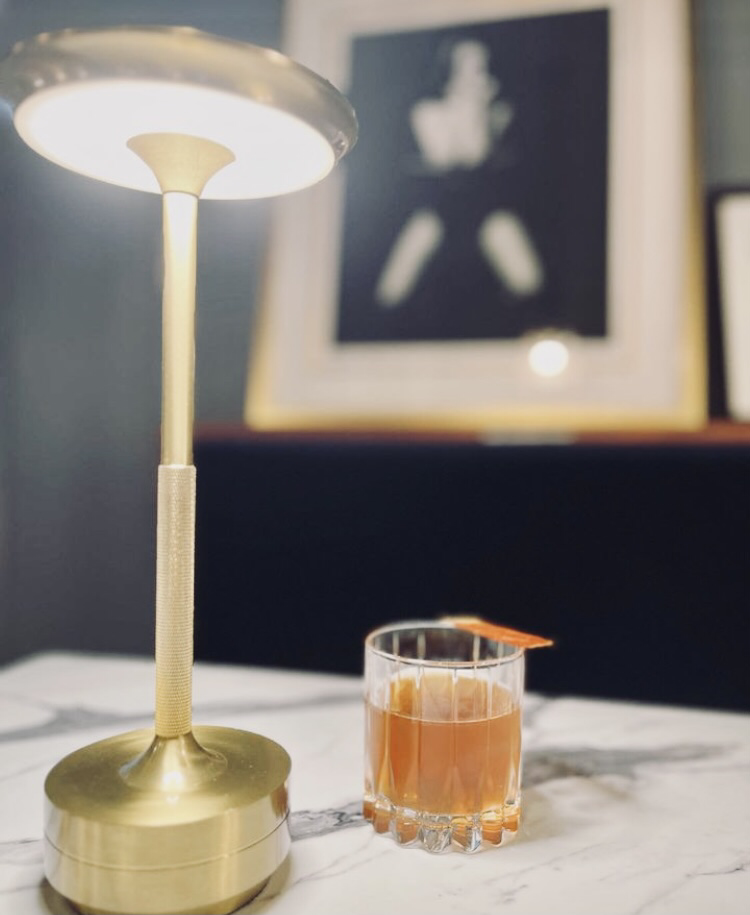
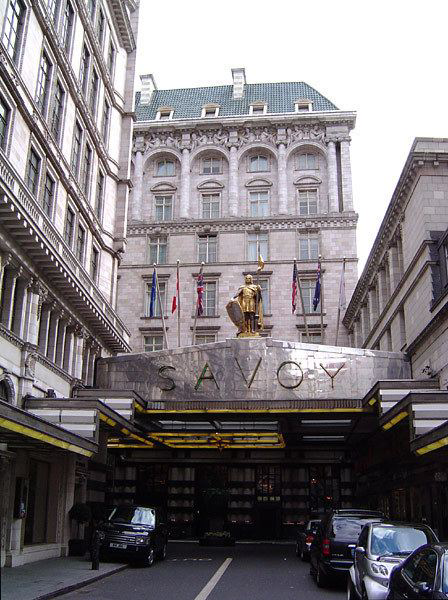
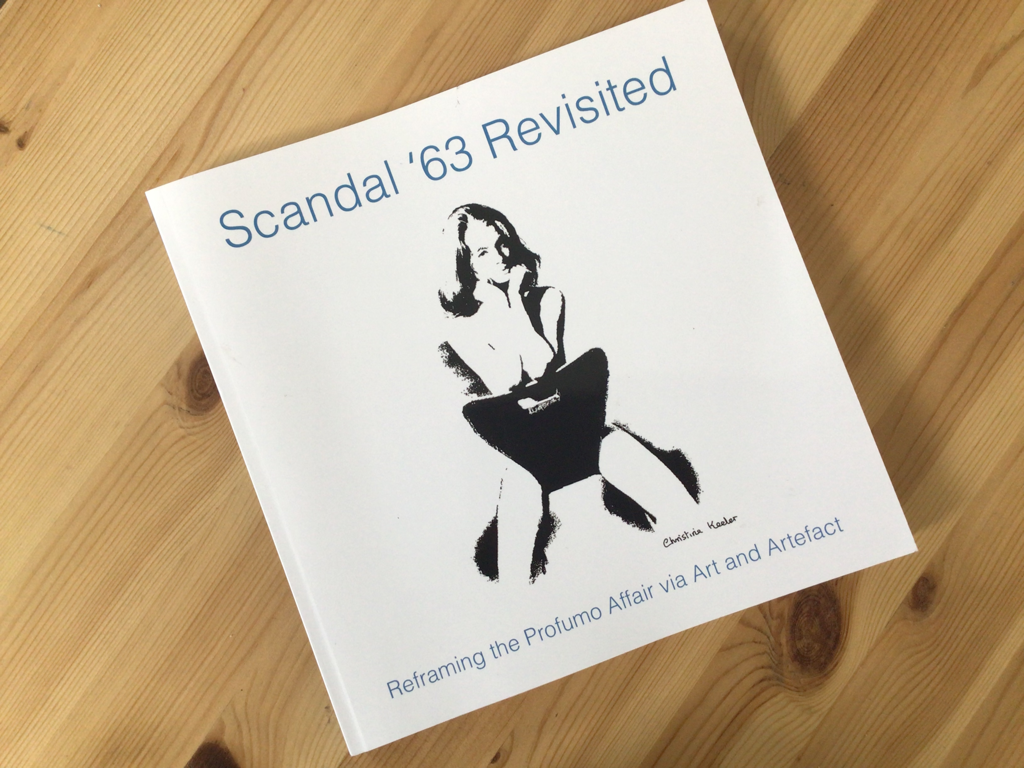
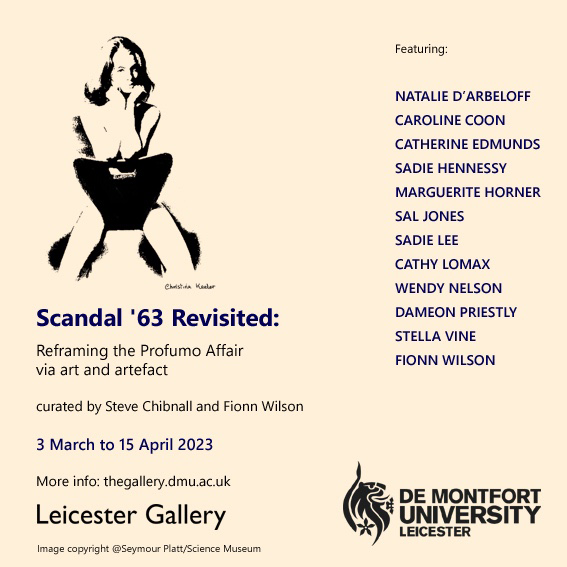
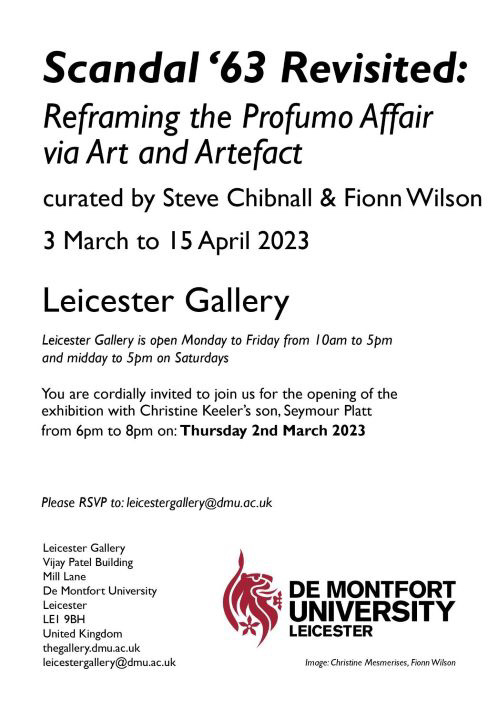
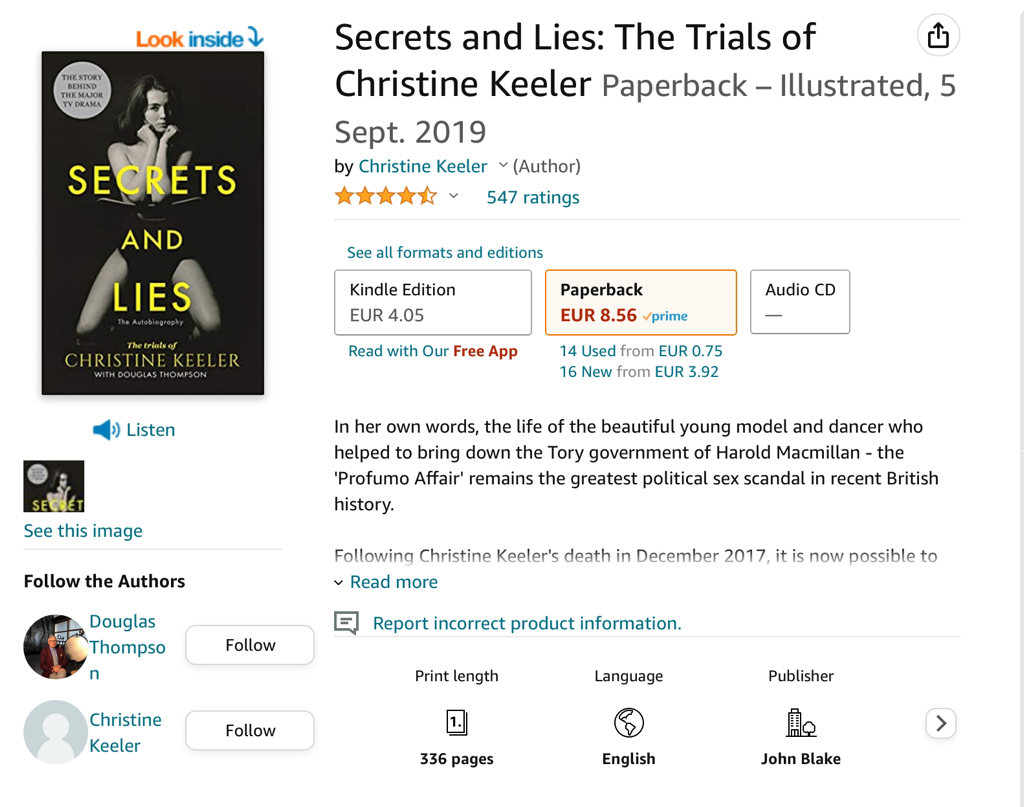
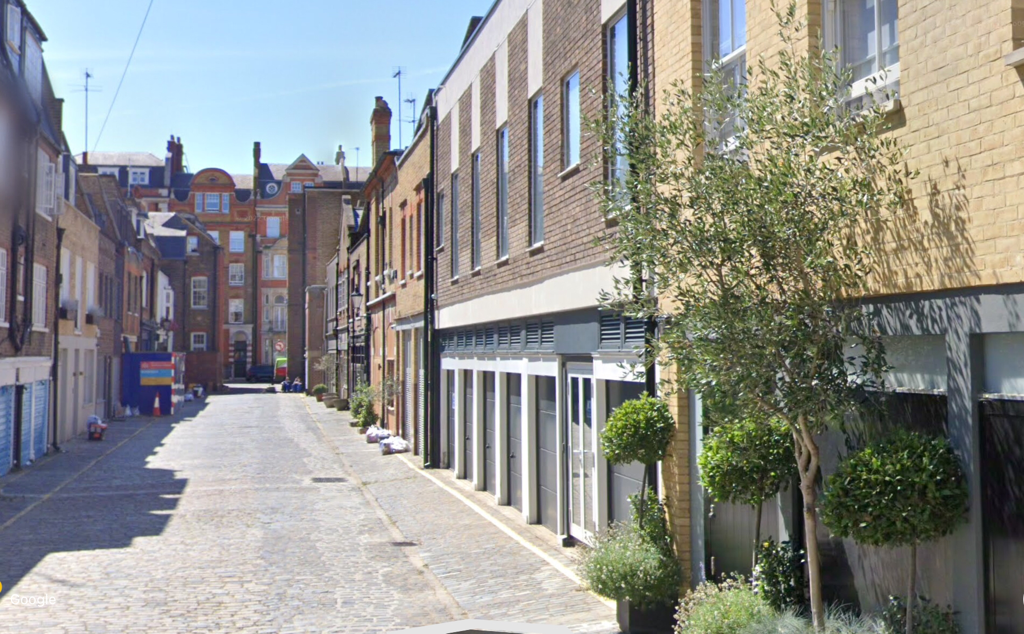
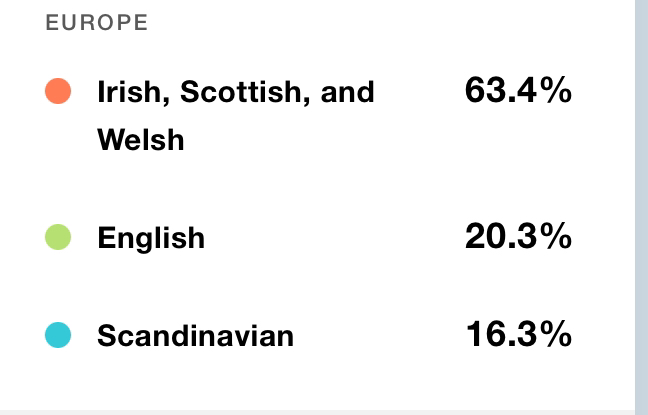
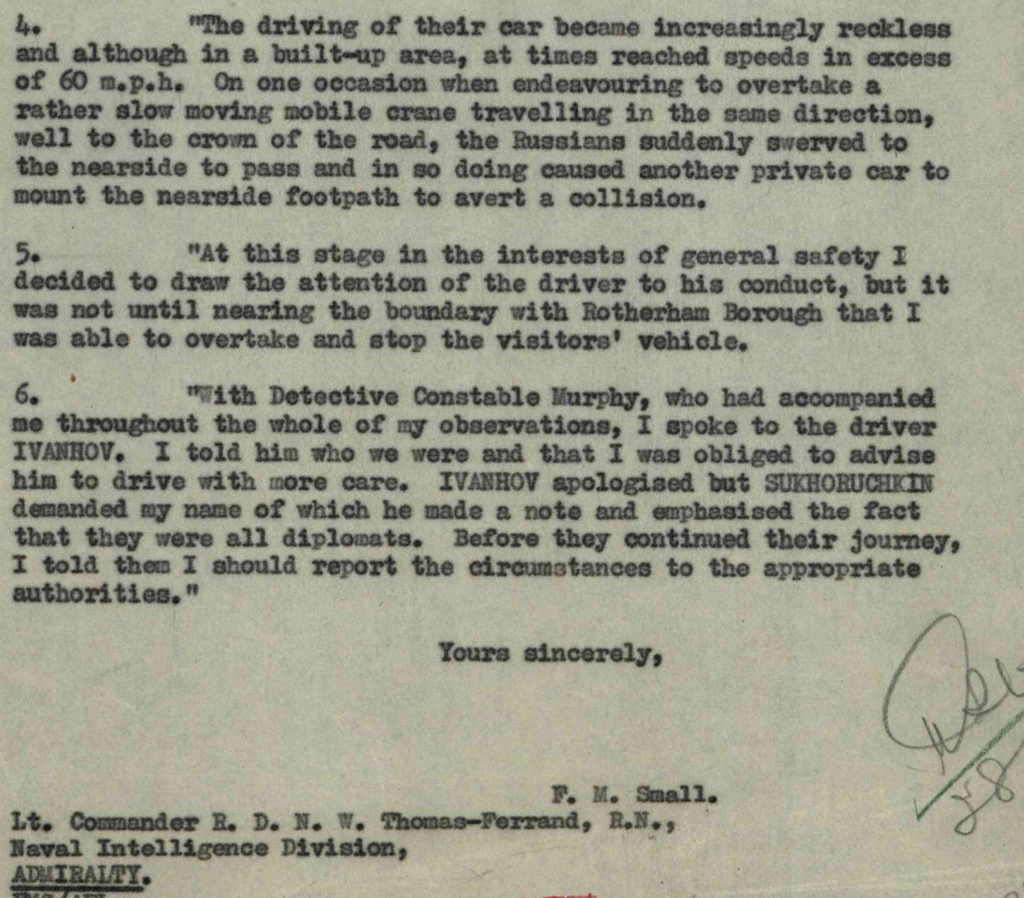
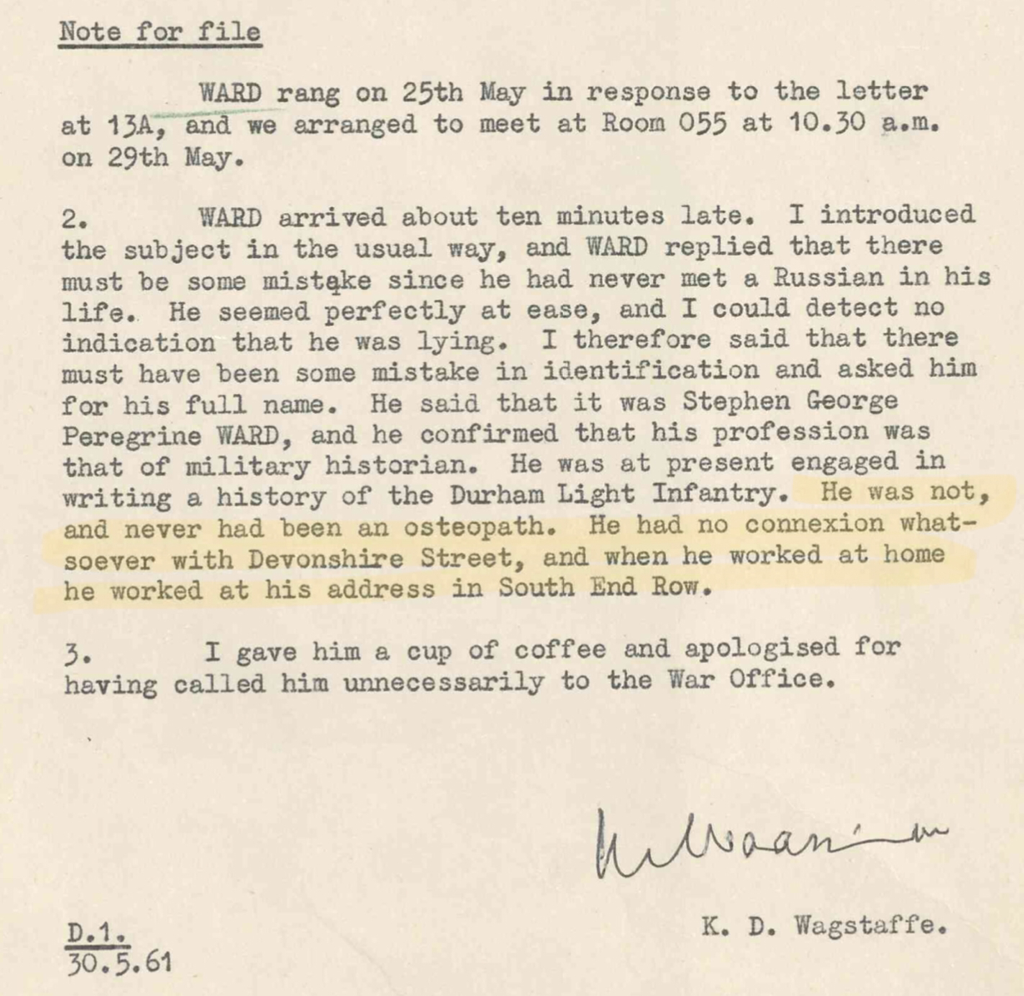
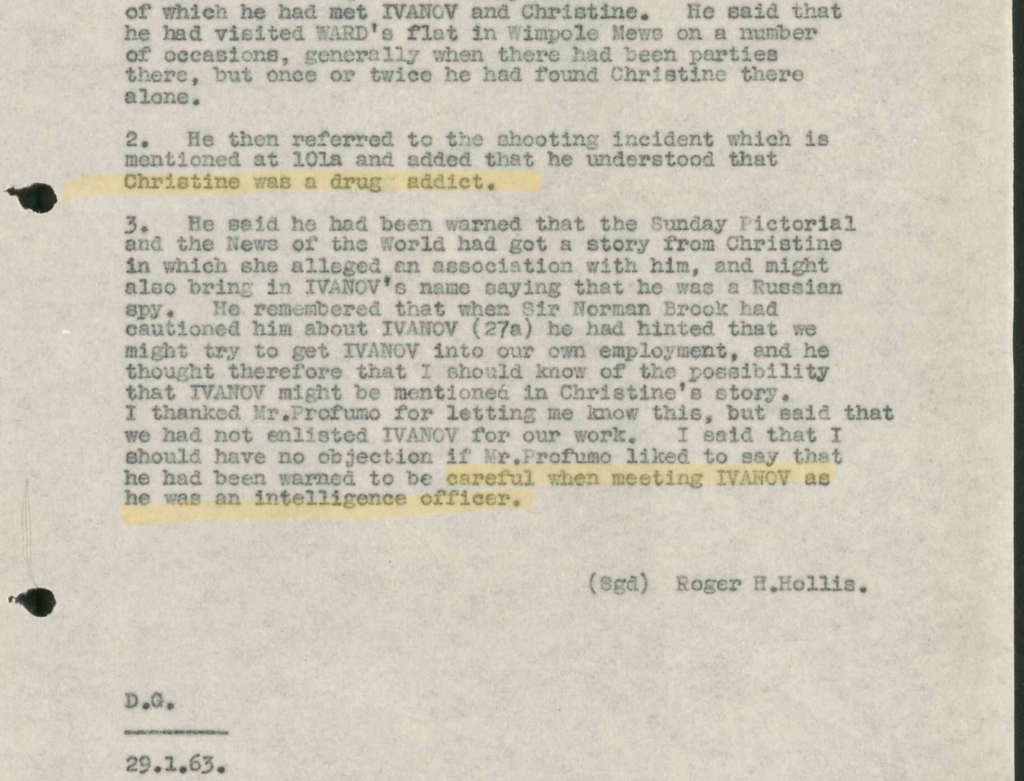
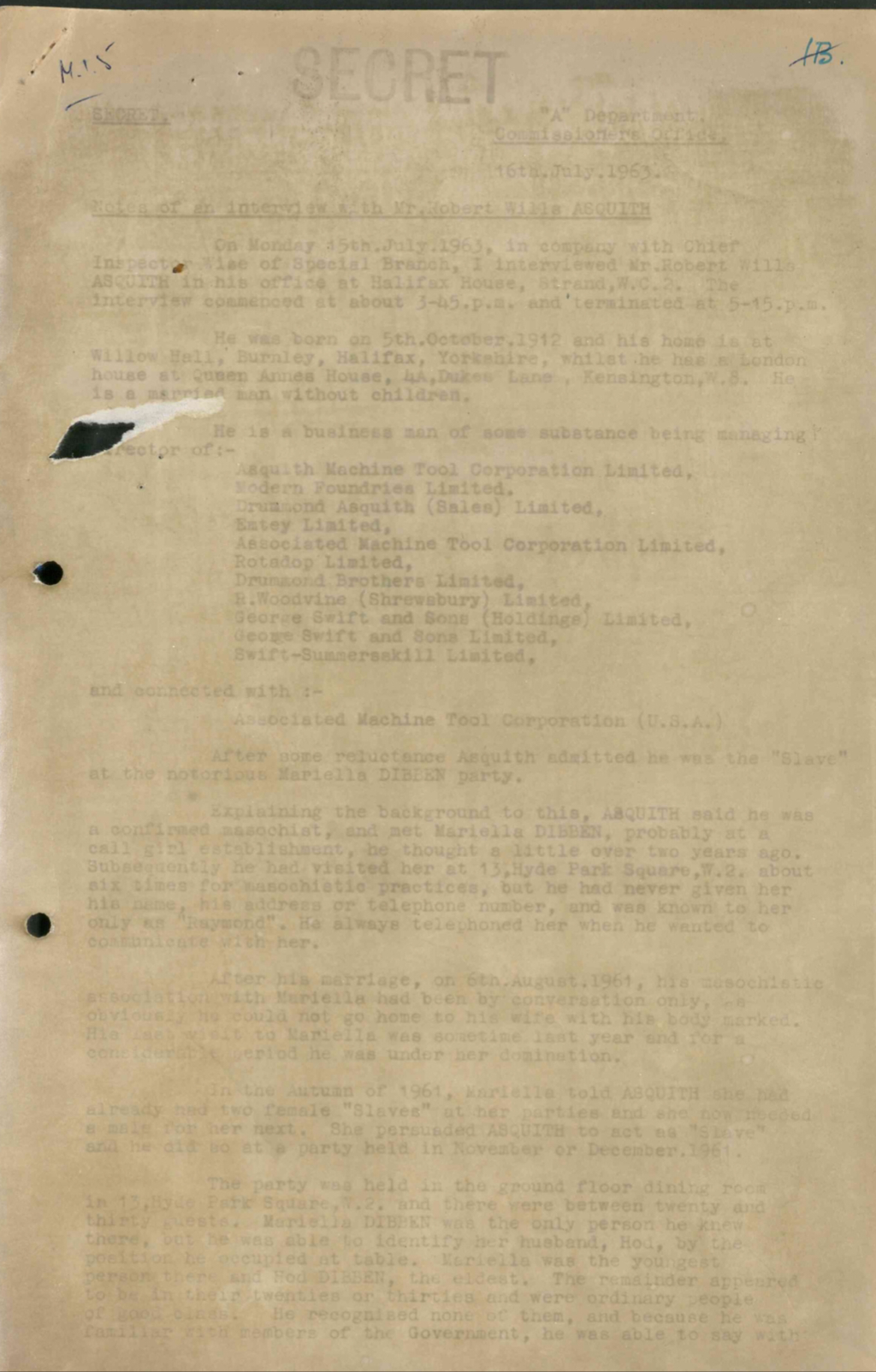
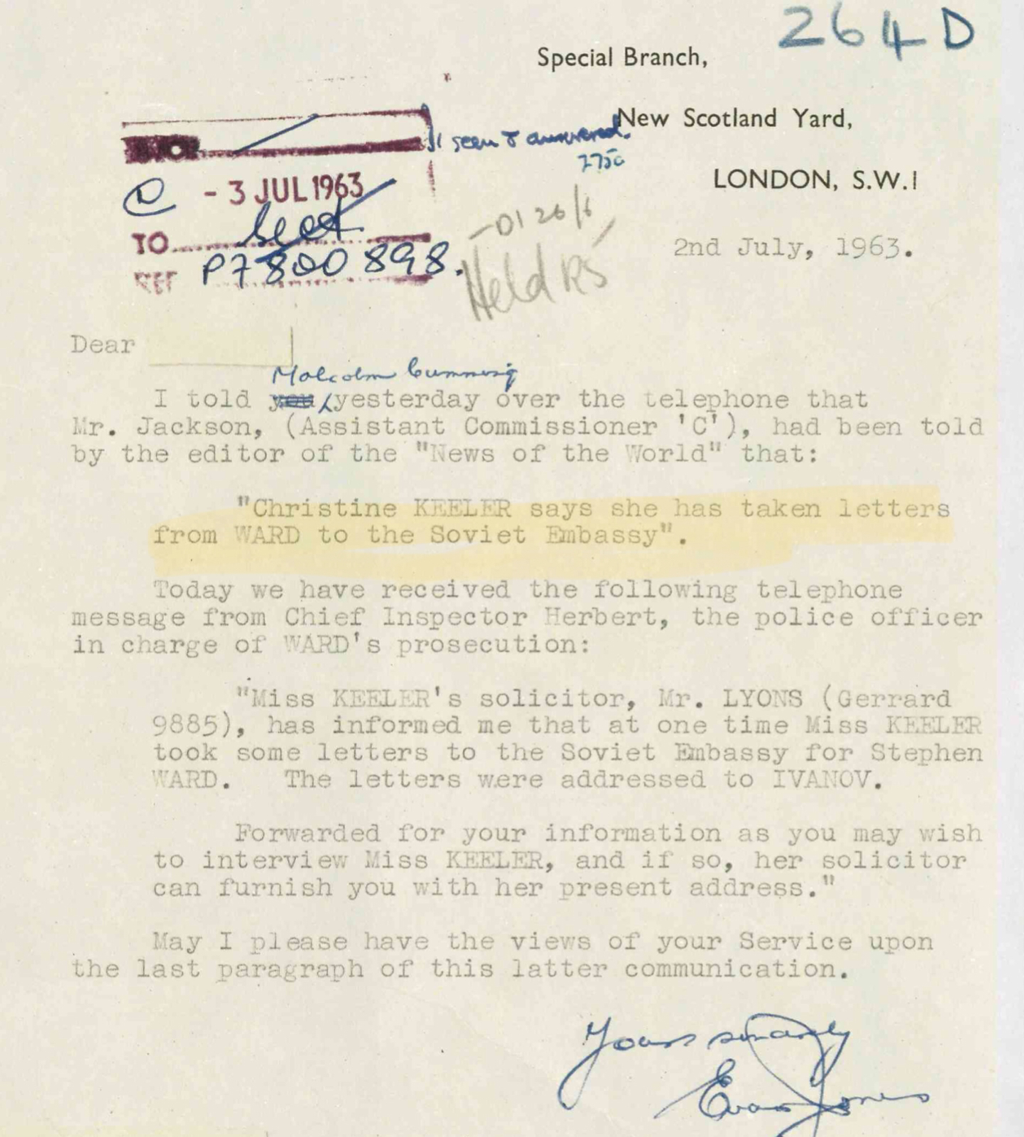

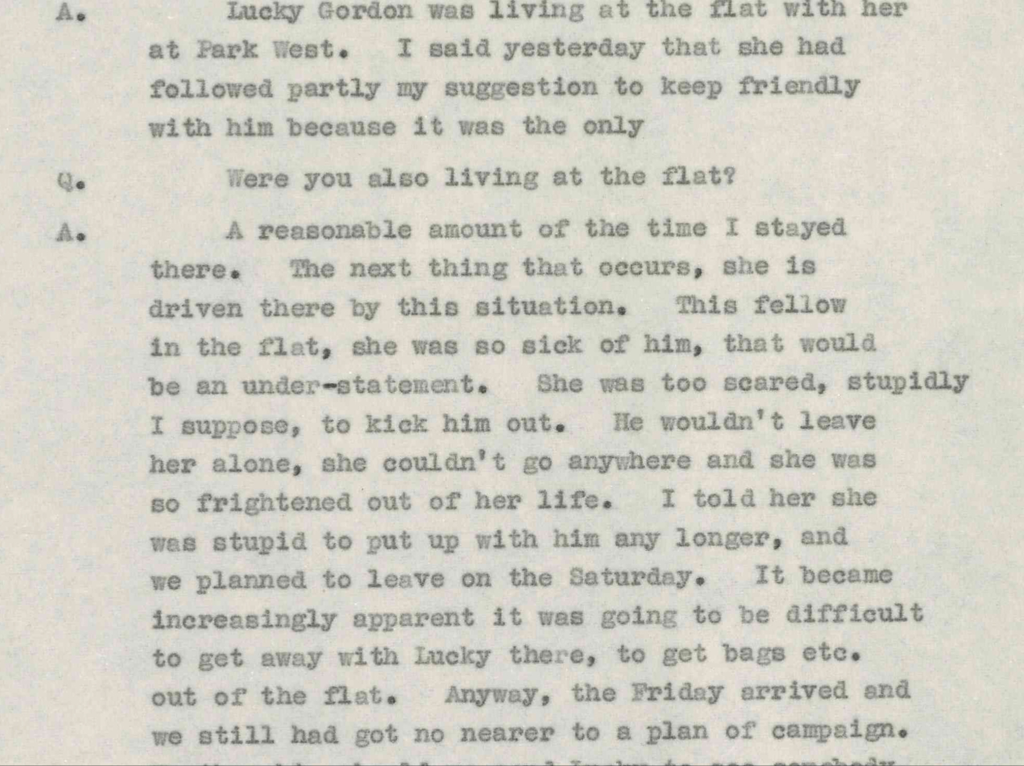
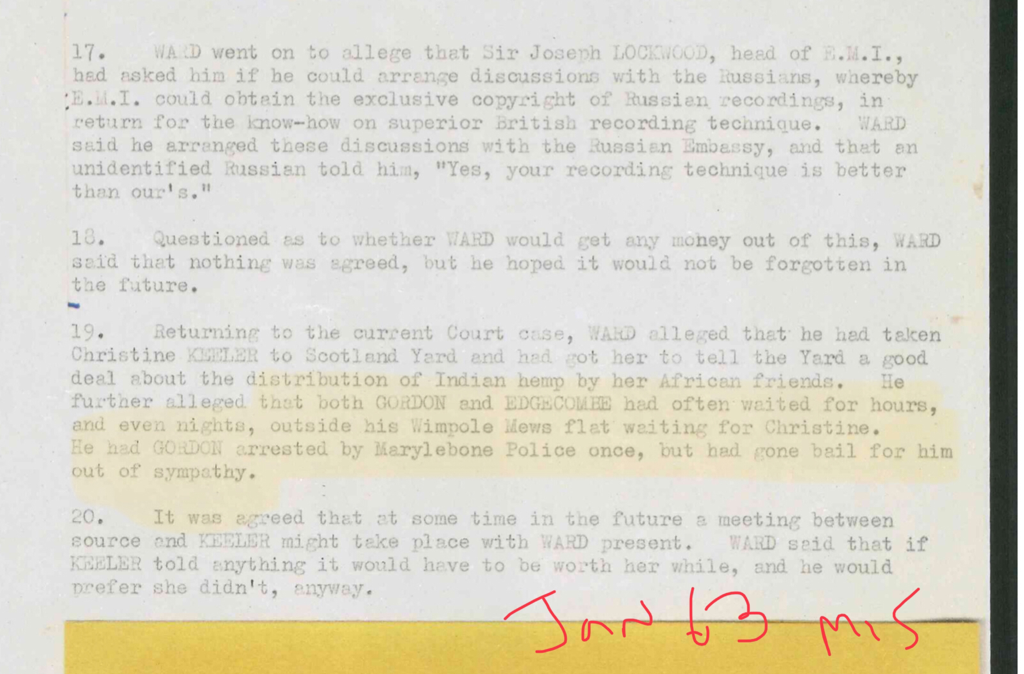
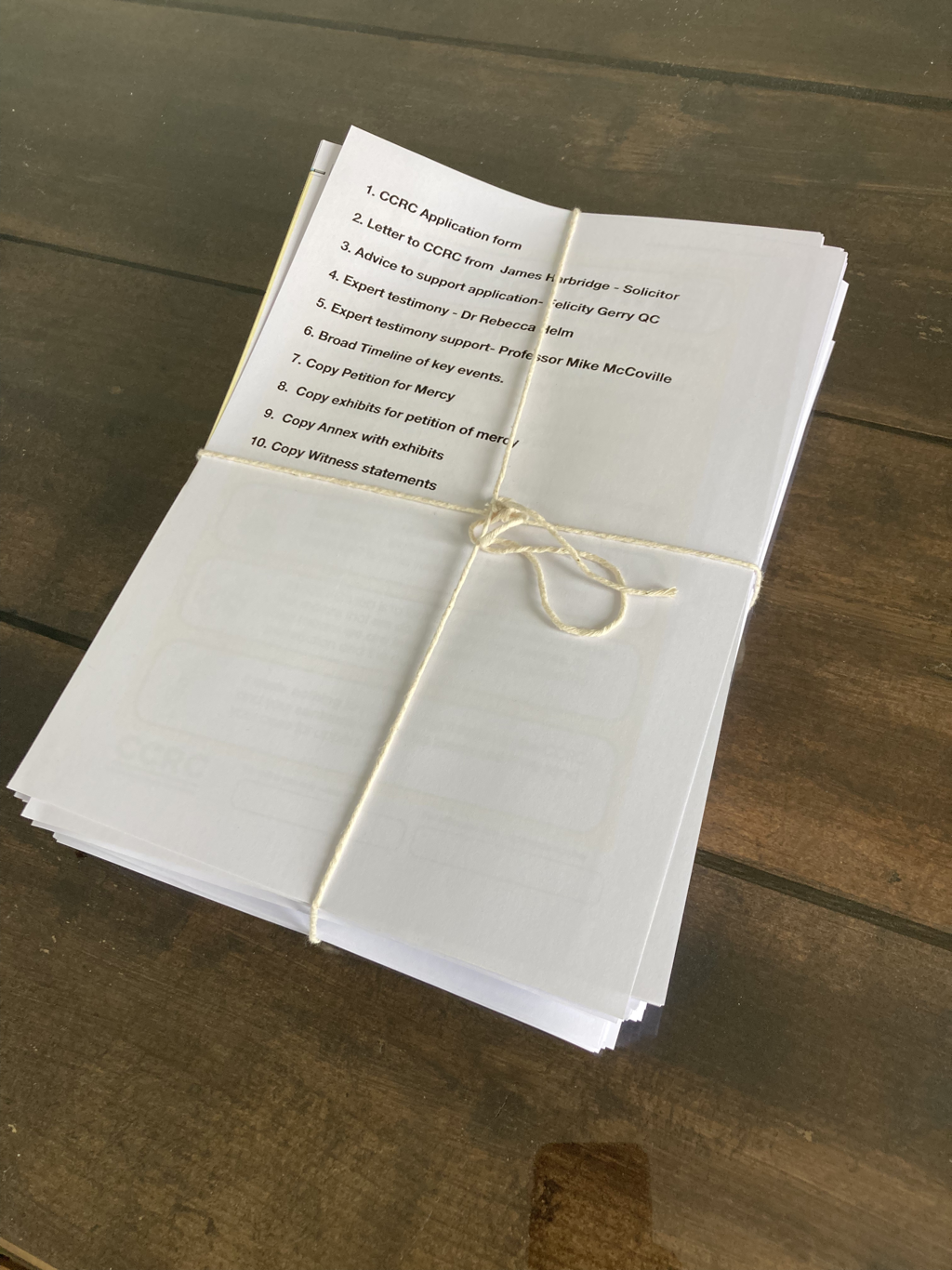
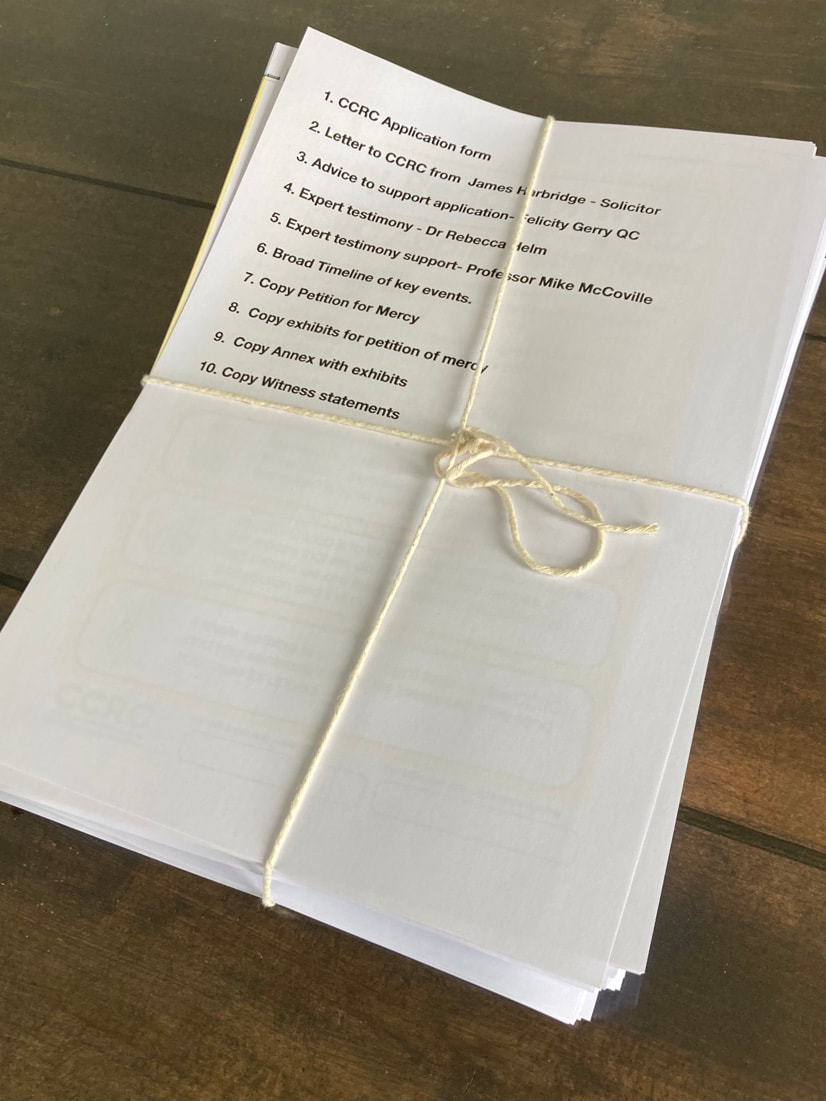
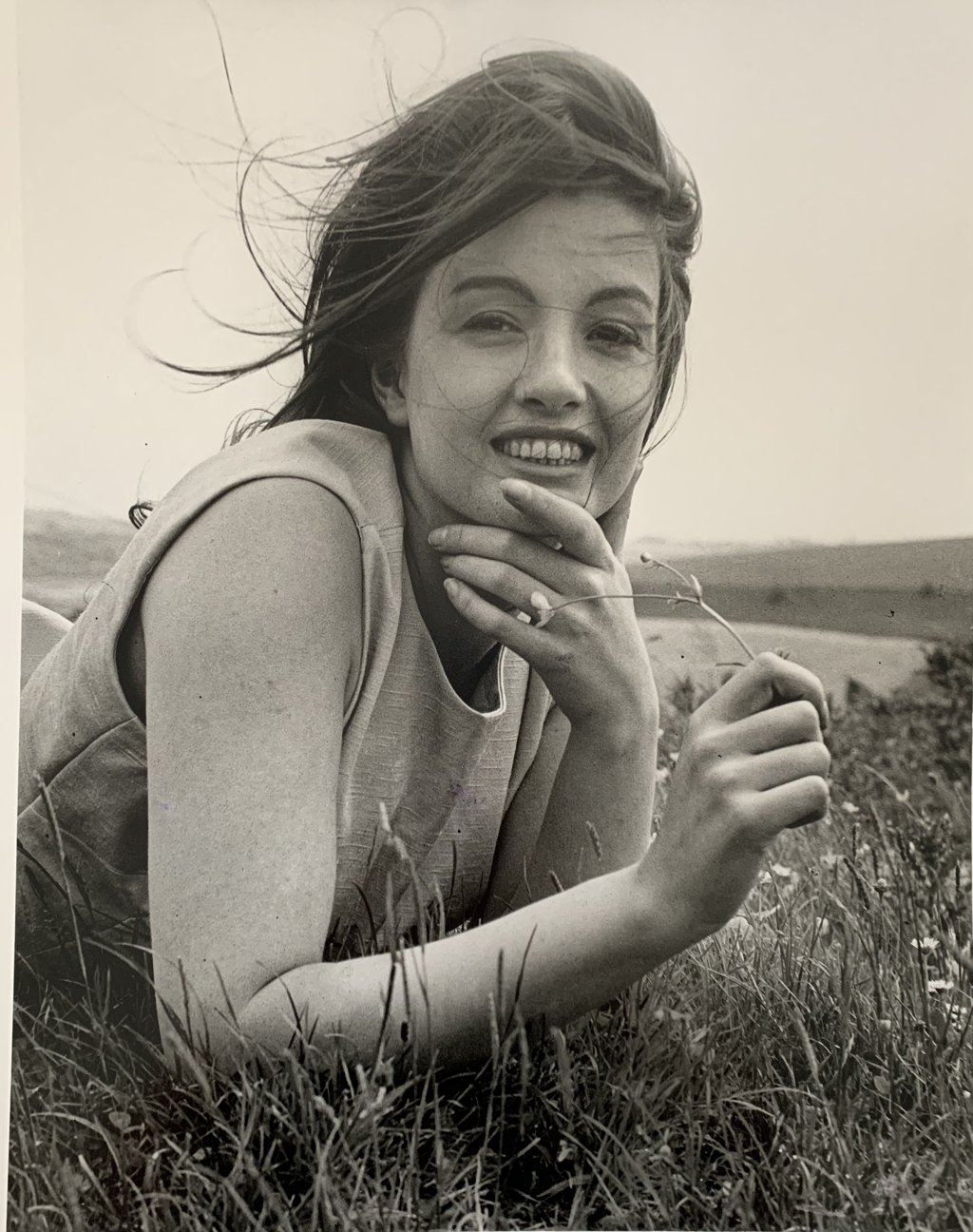
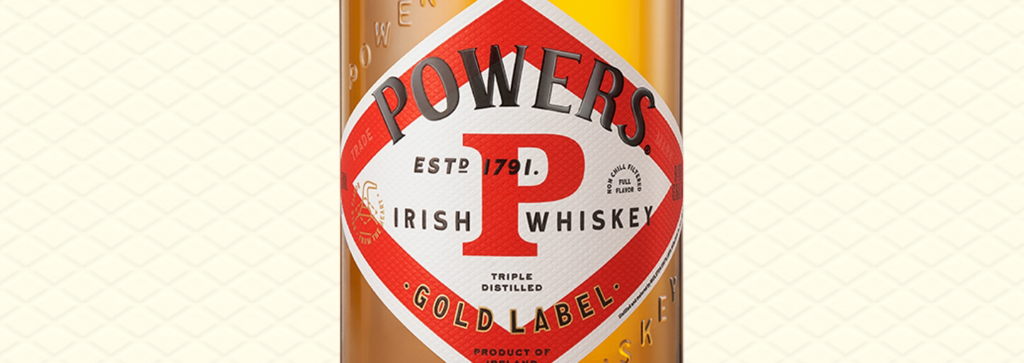
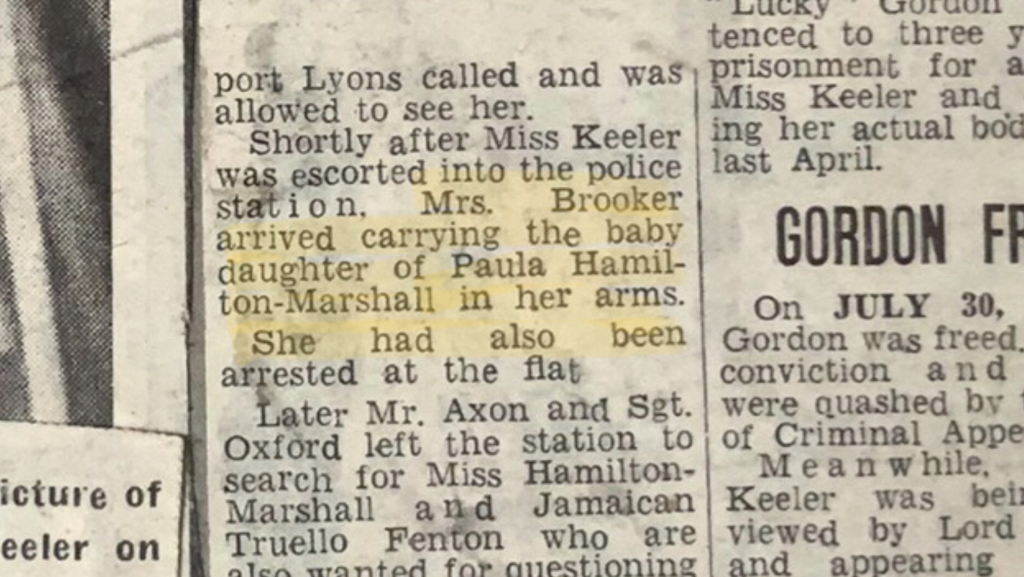
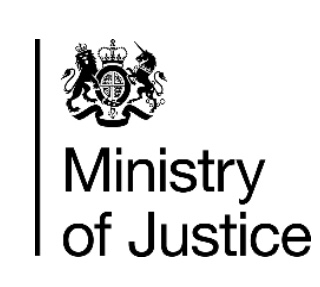

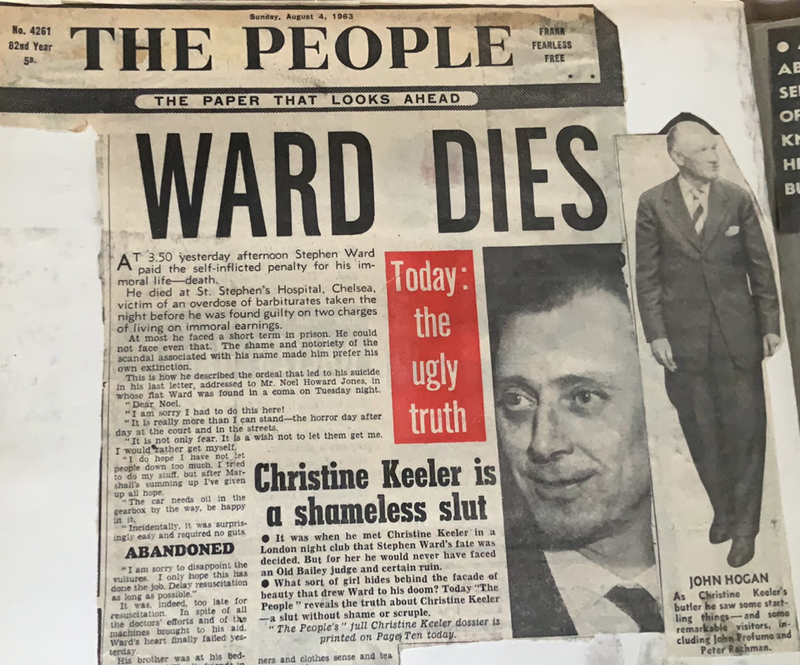
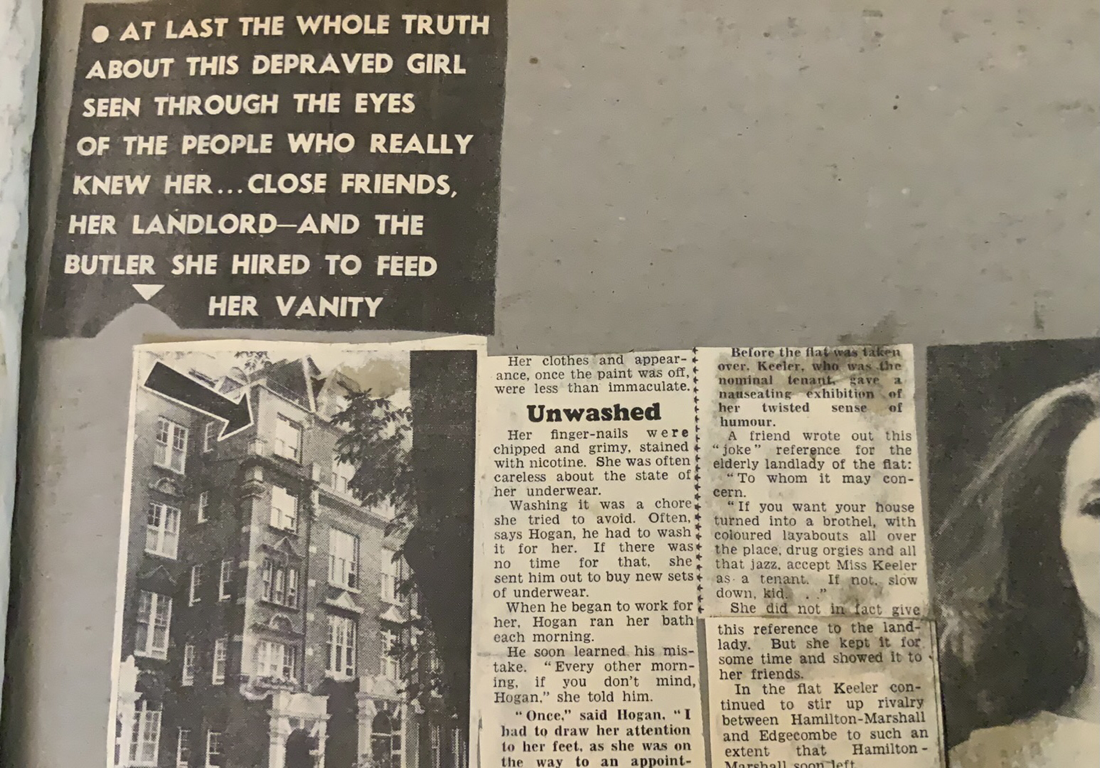
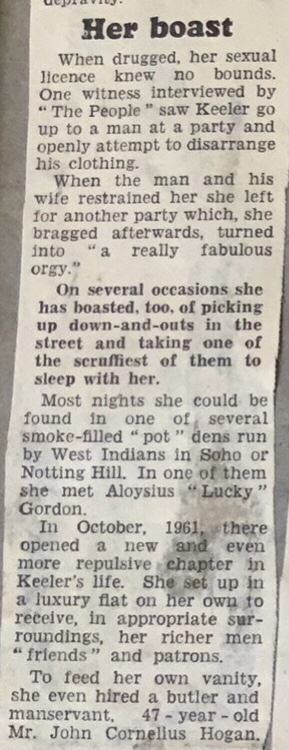
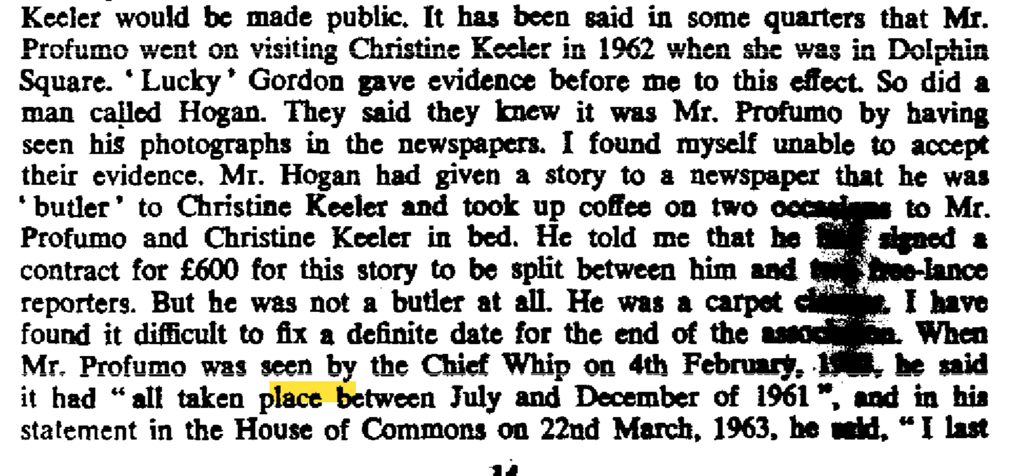
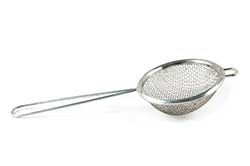


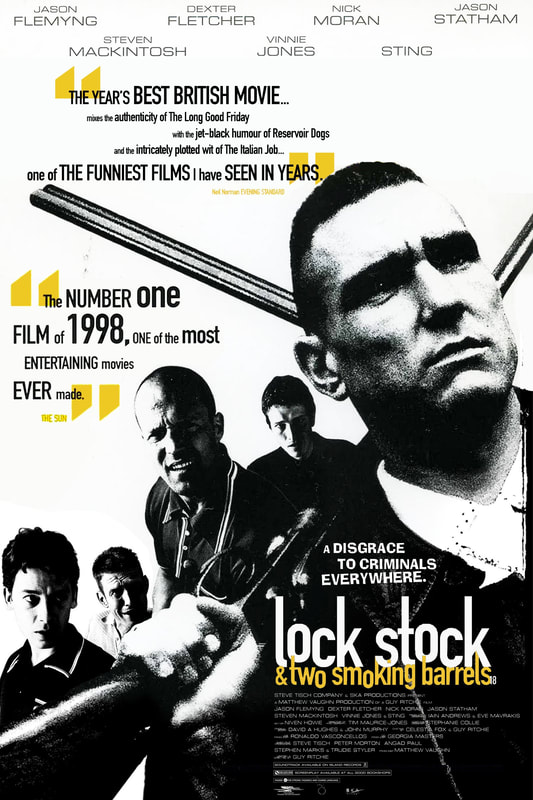
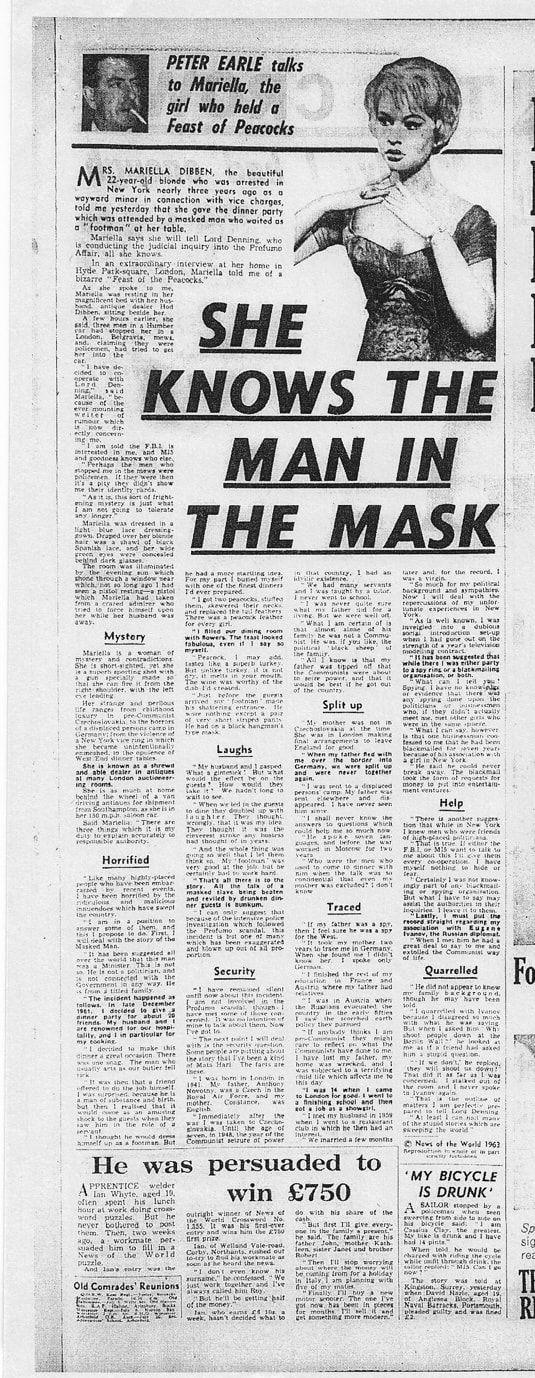
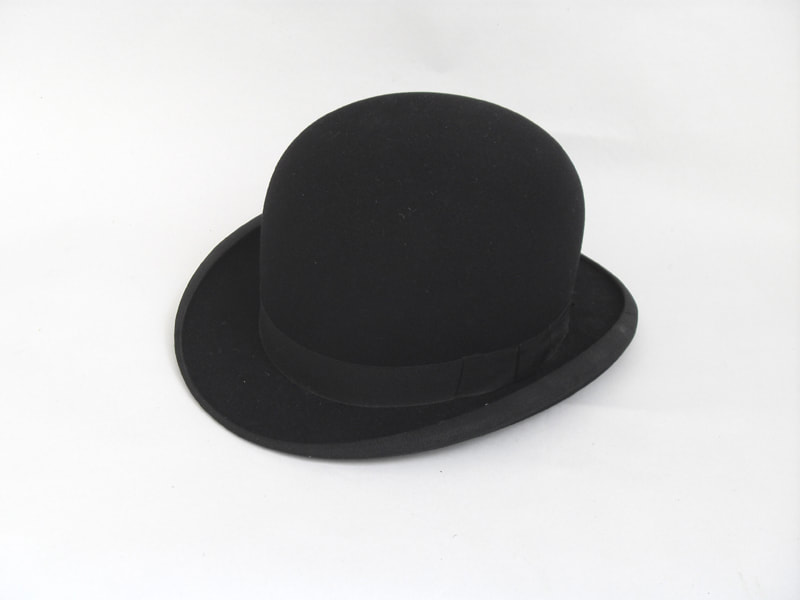
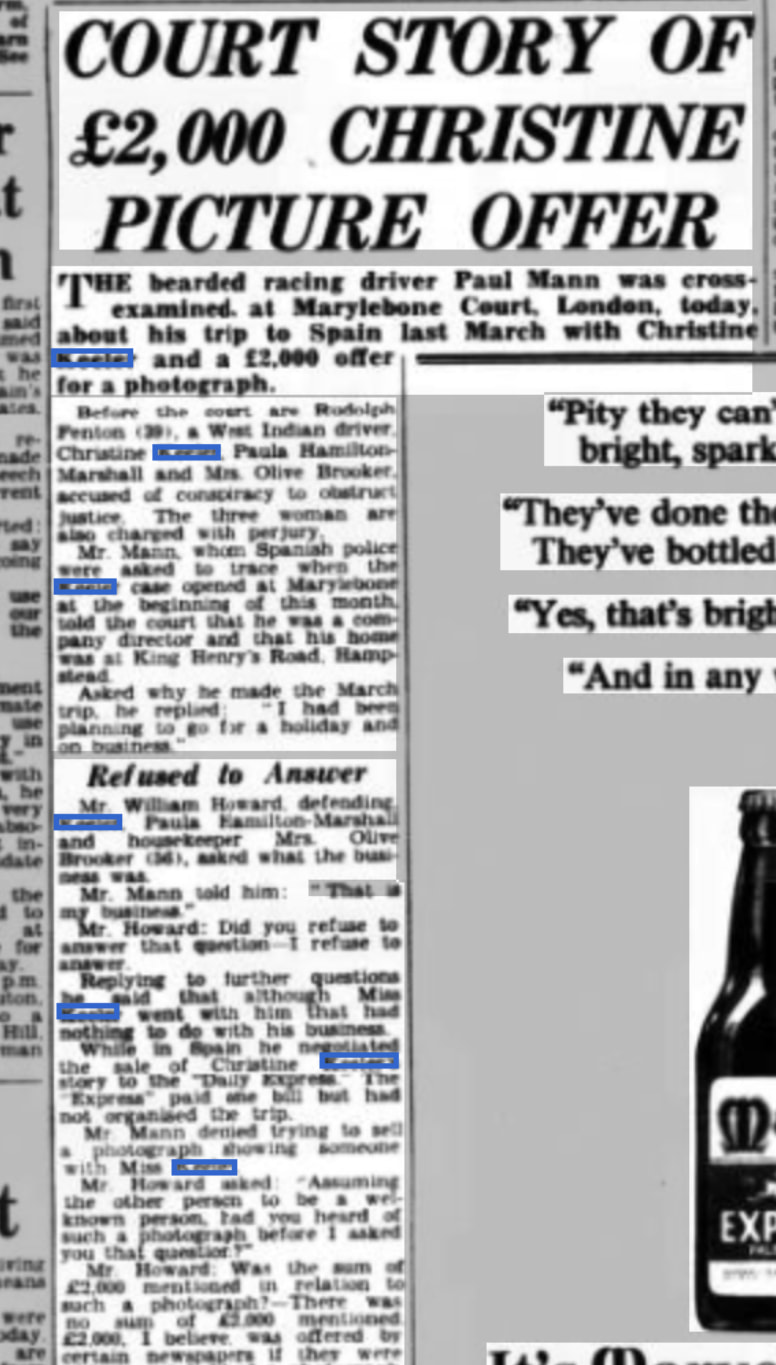

 RSS Feed
RSS Feed
